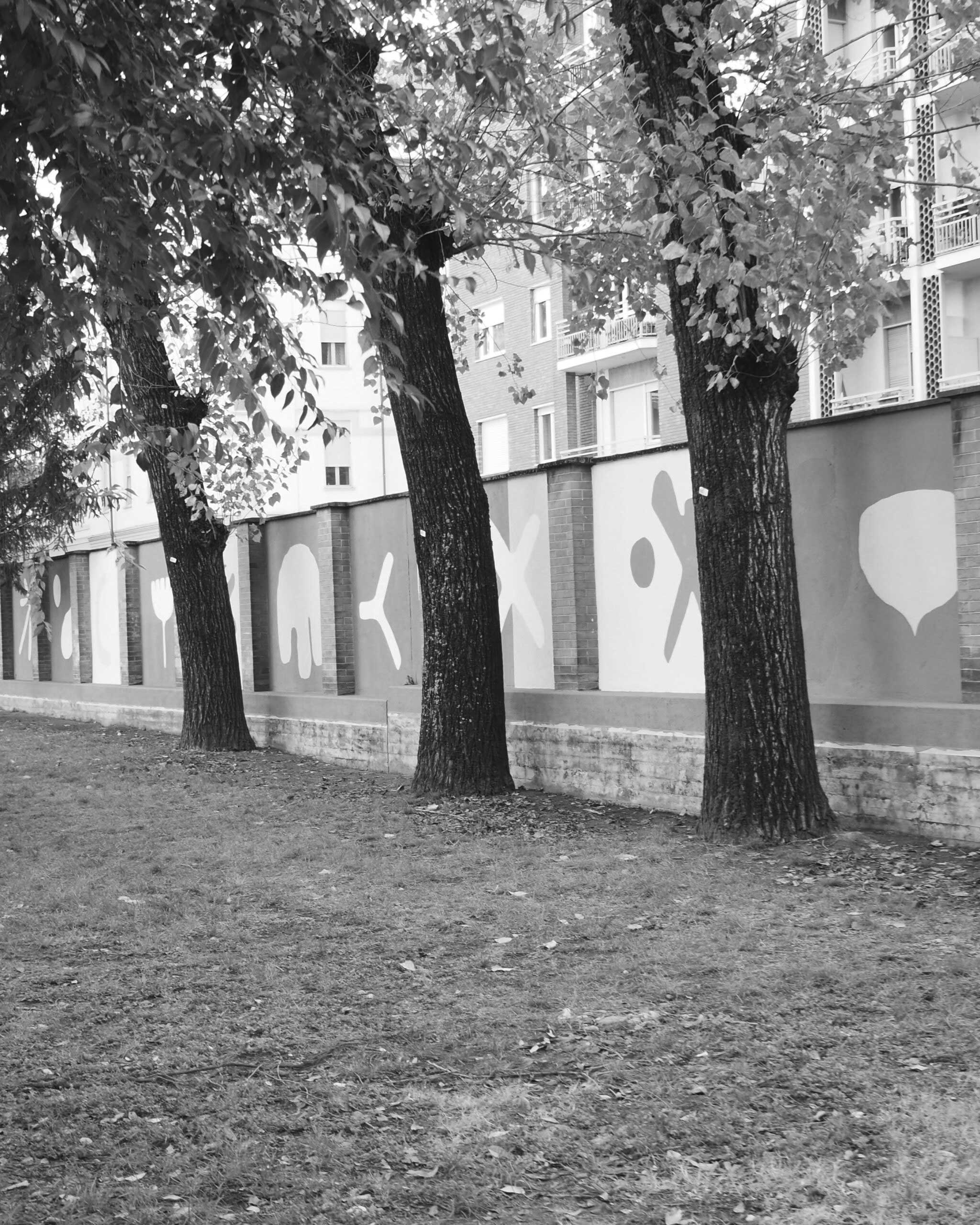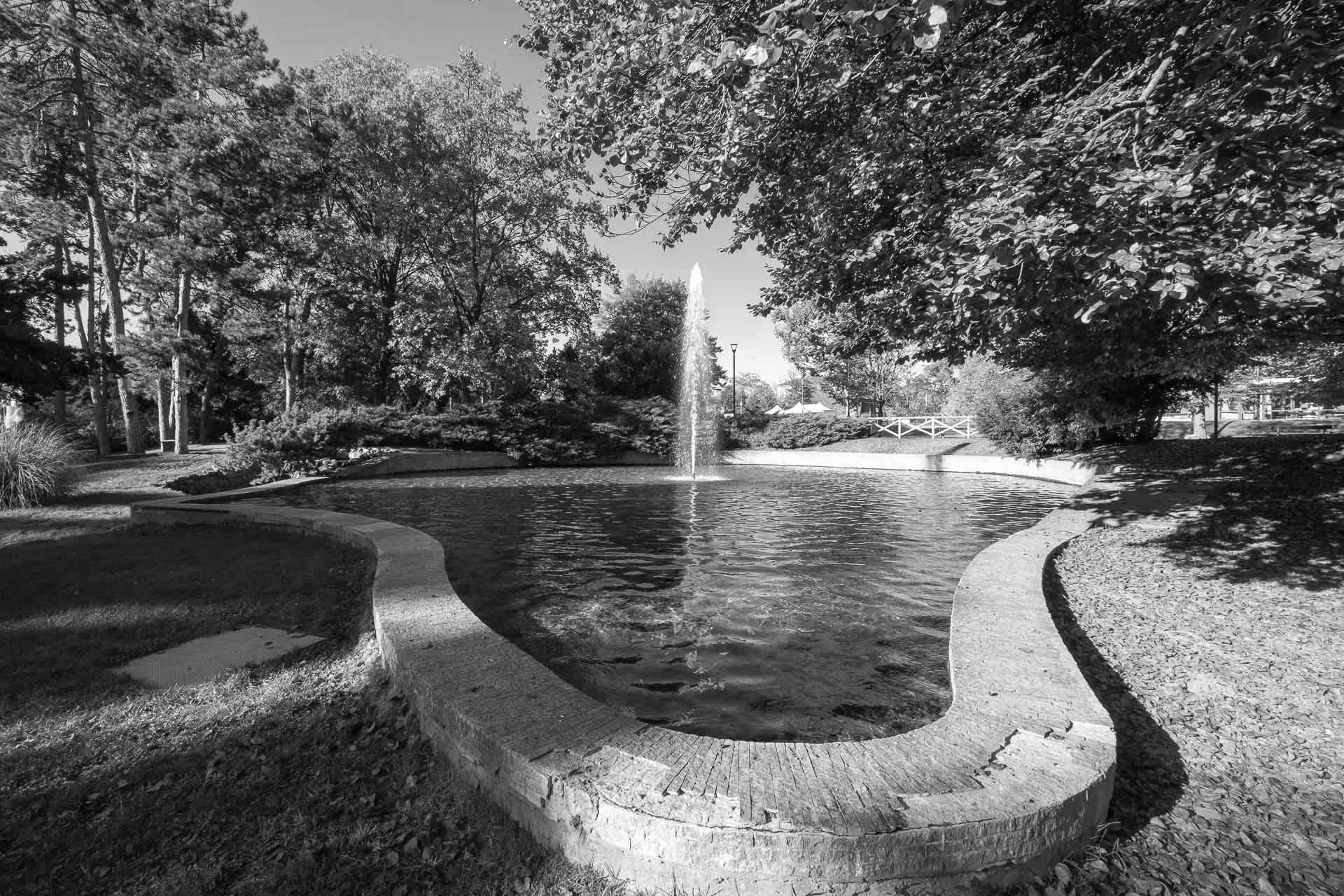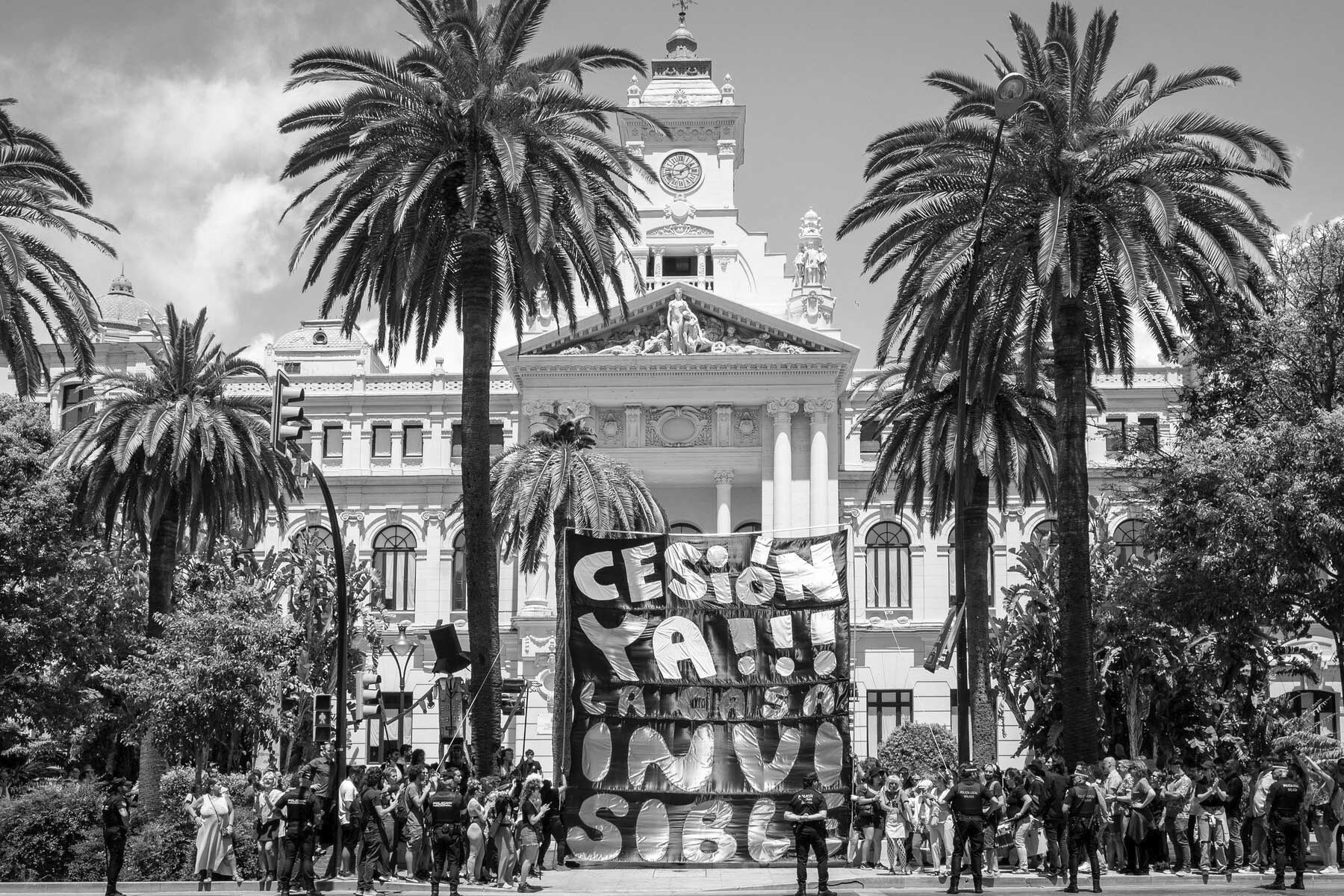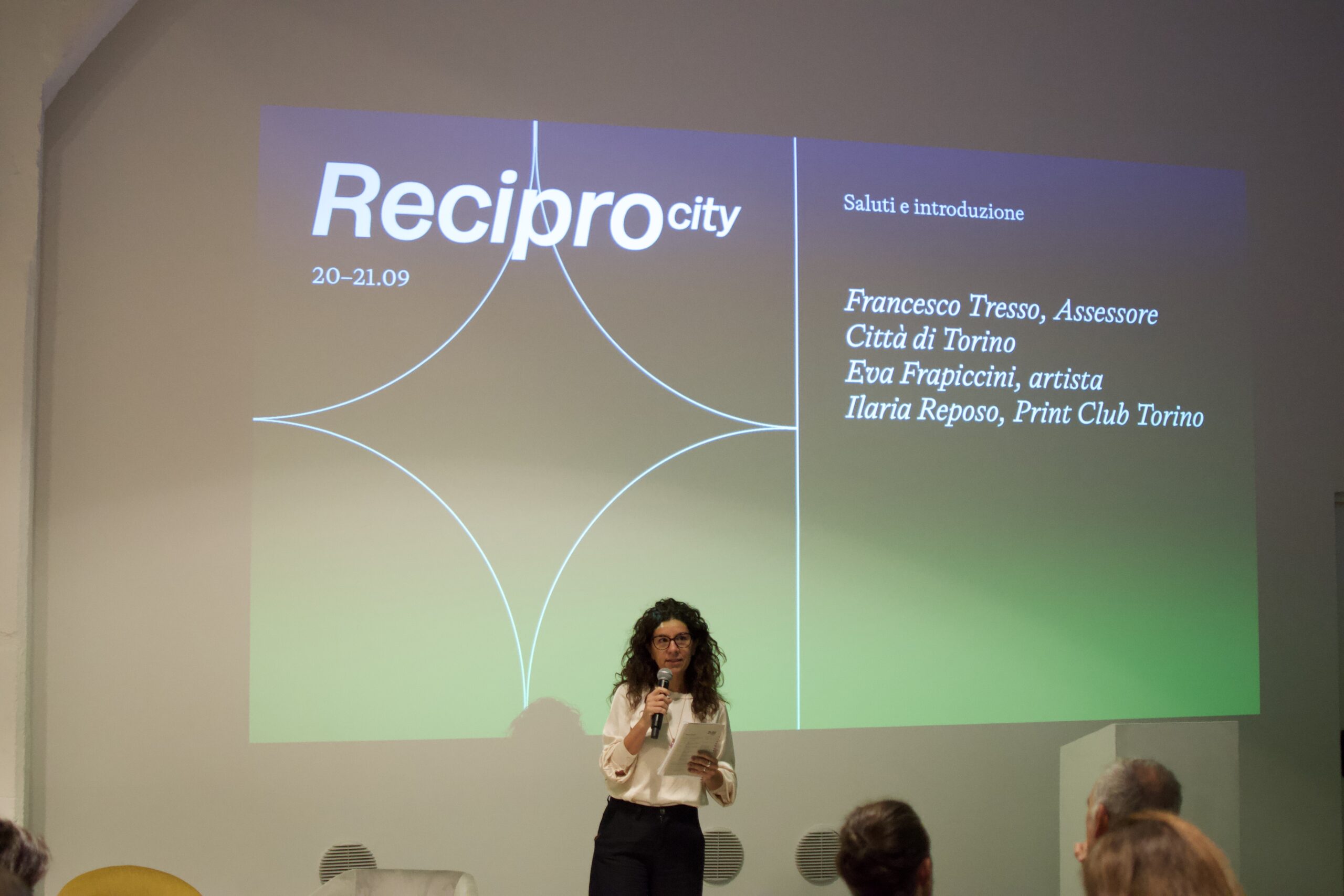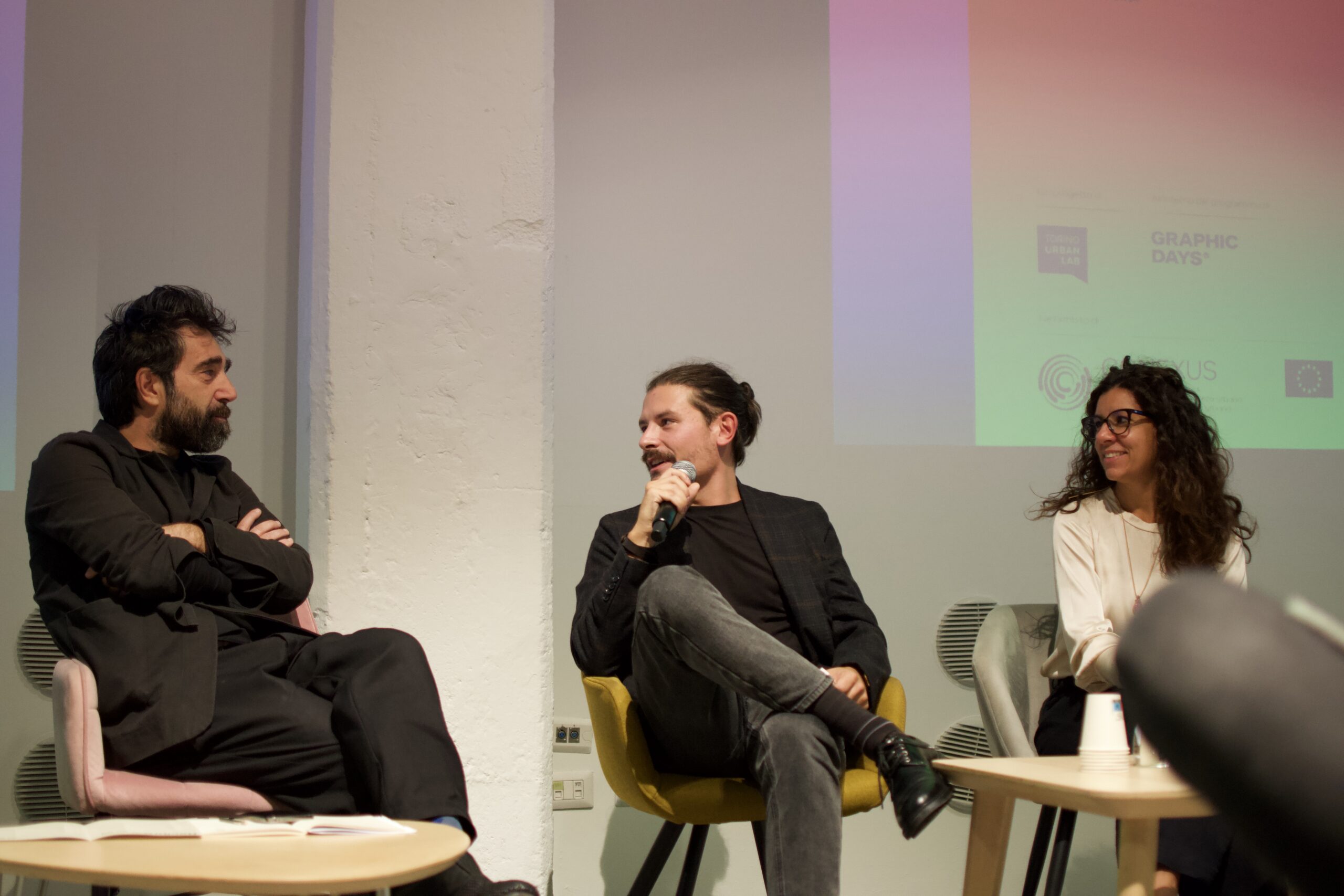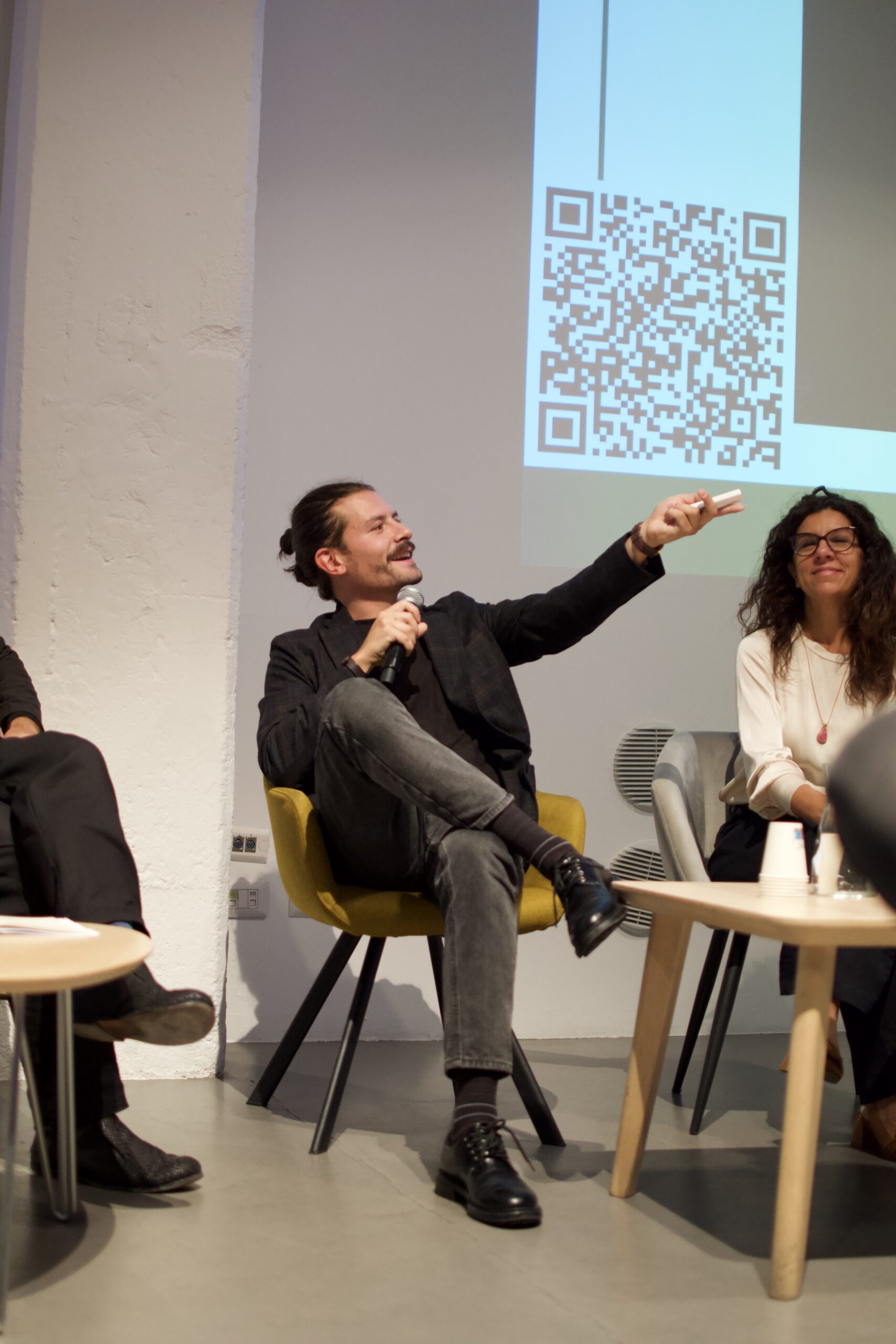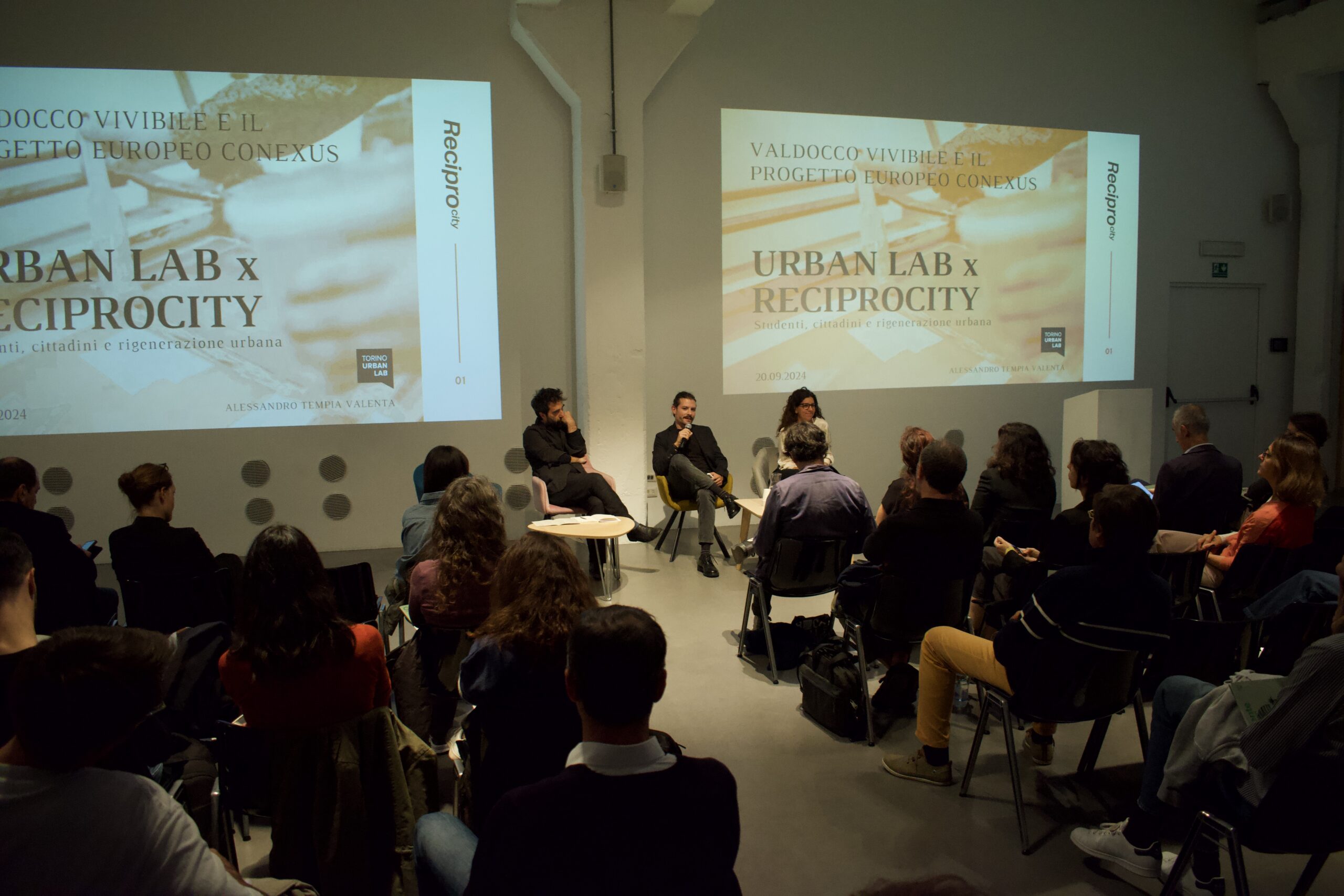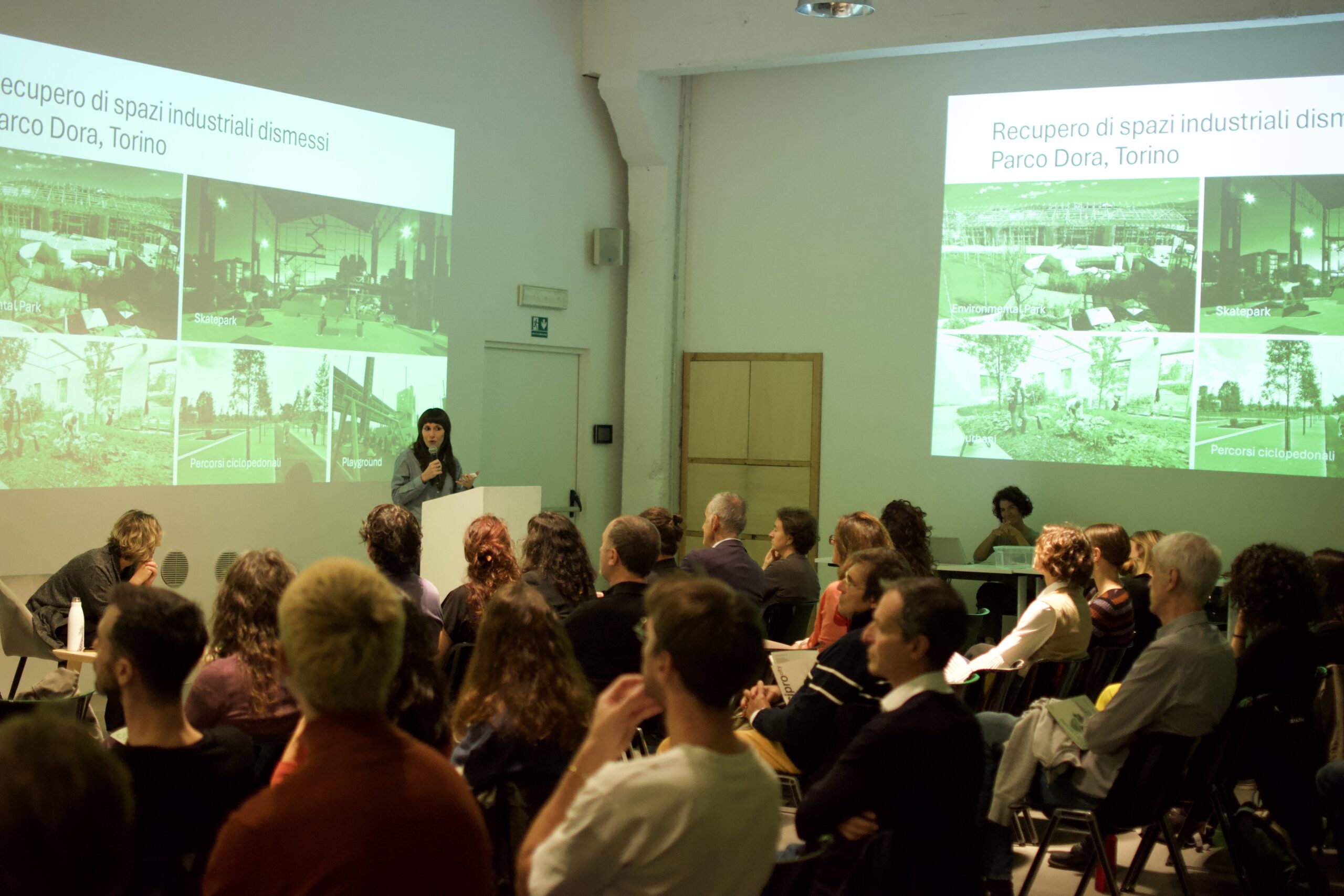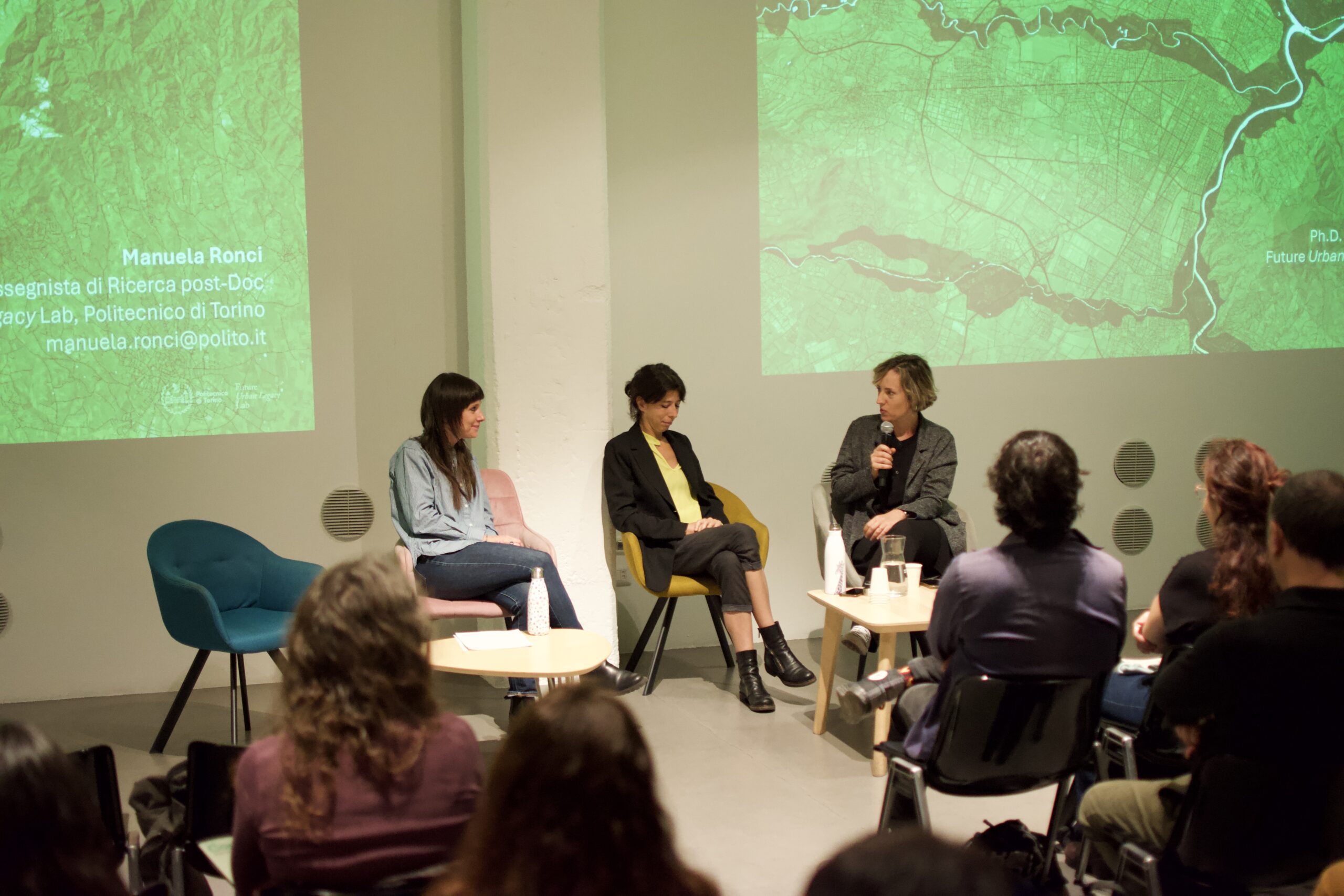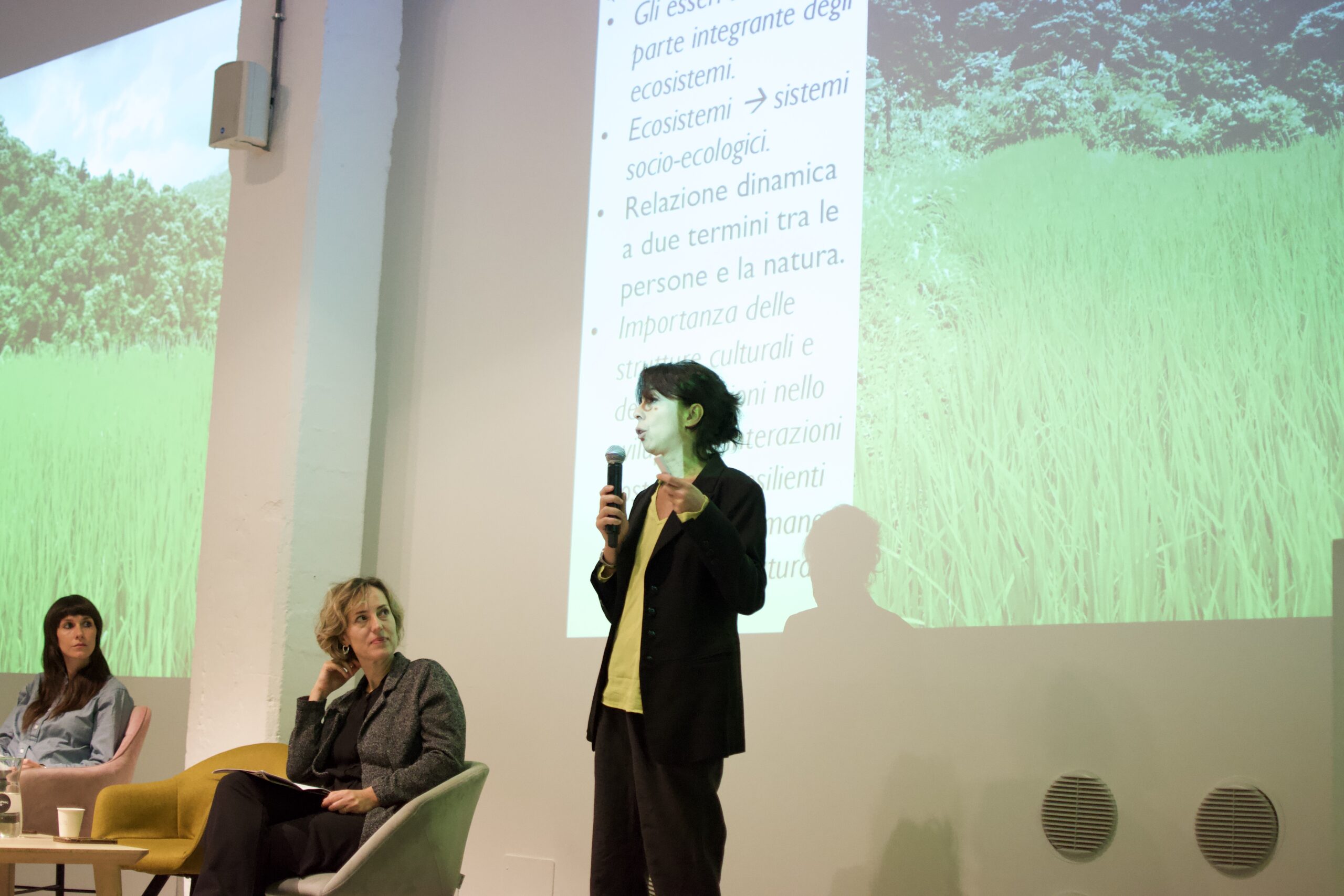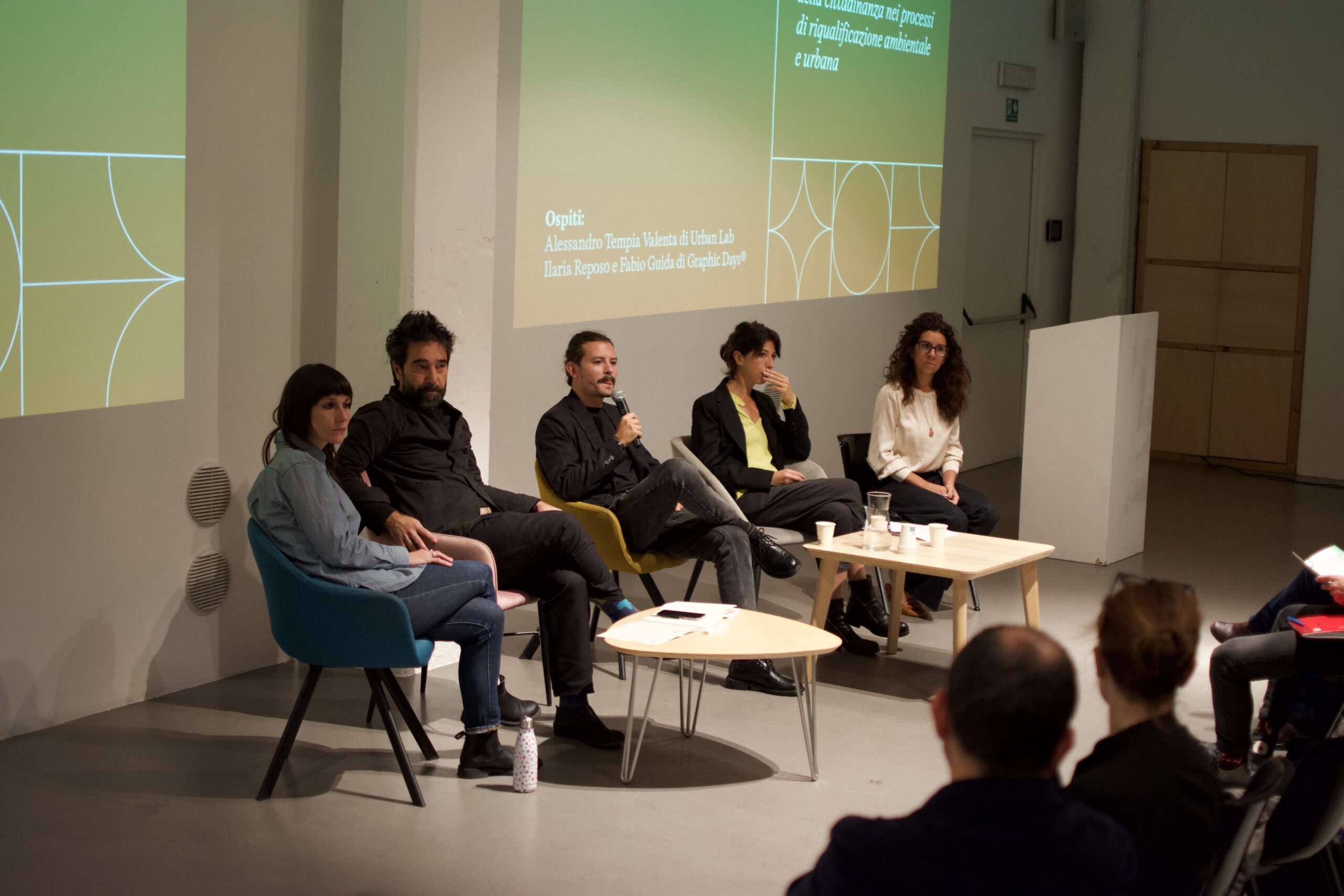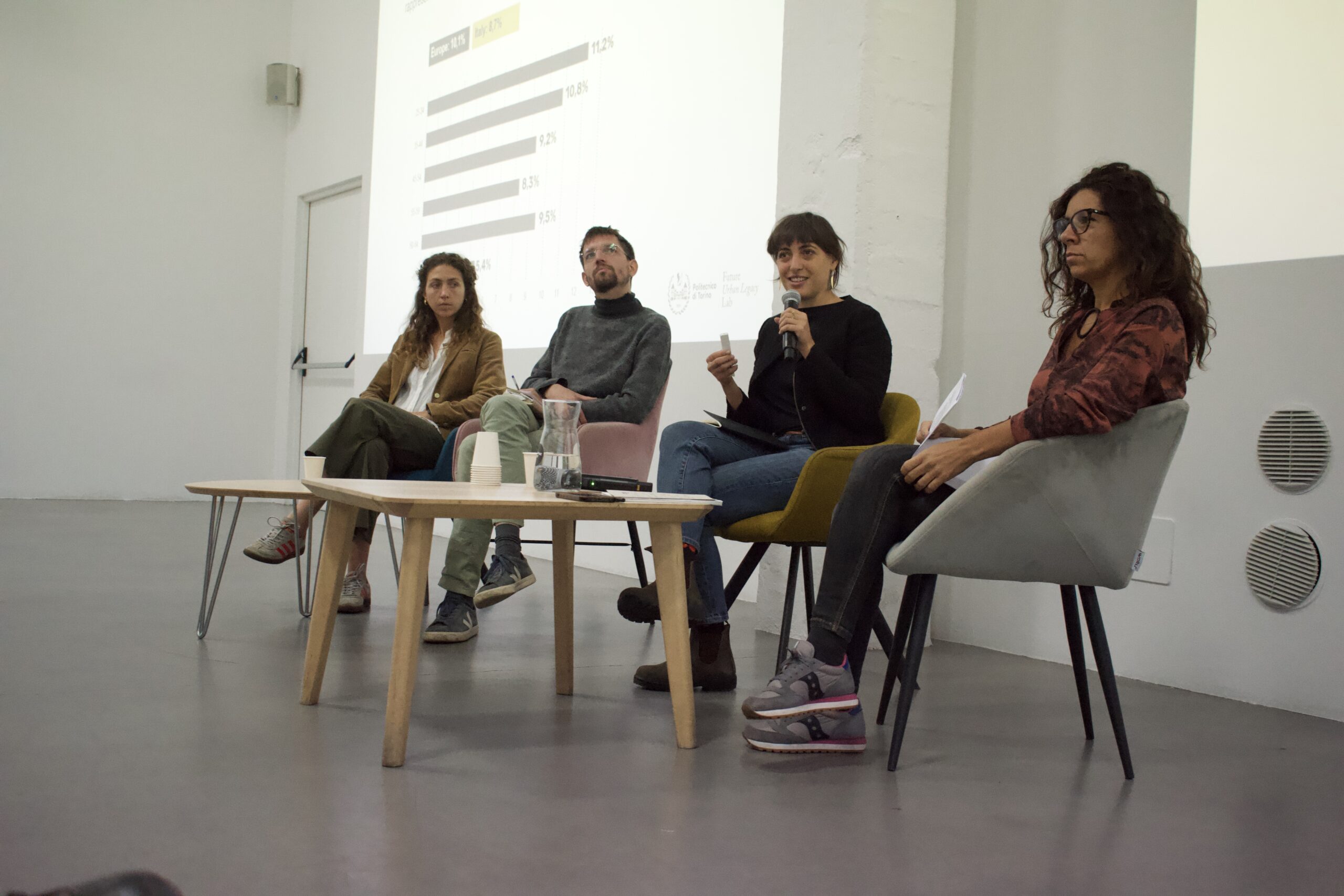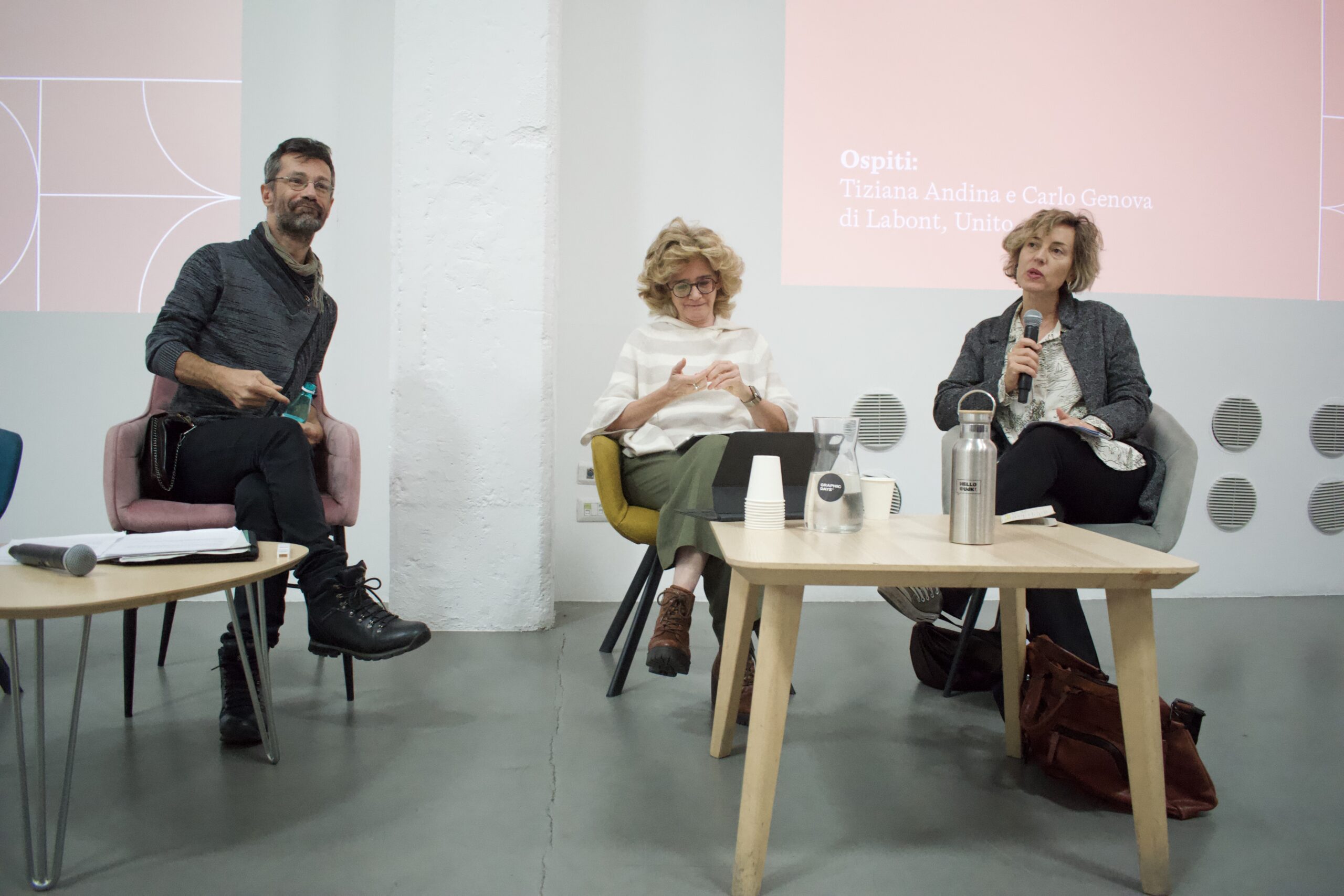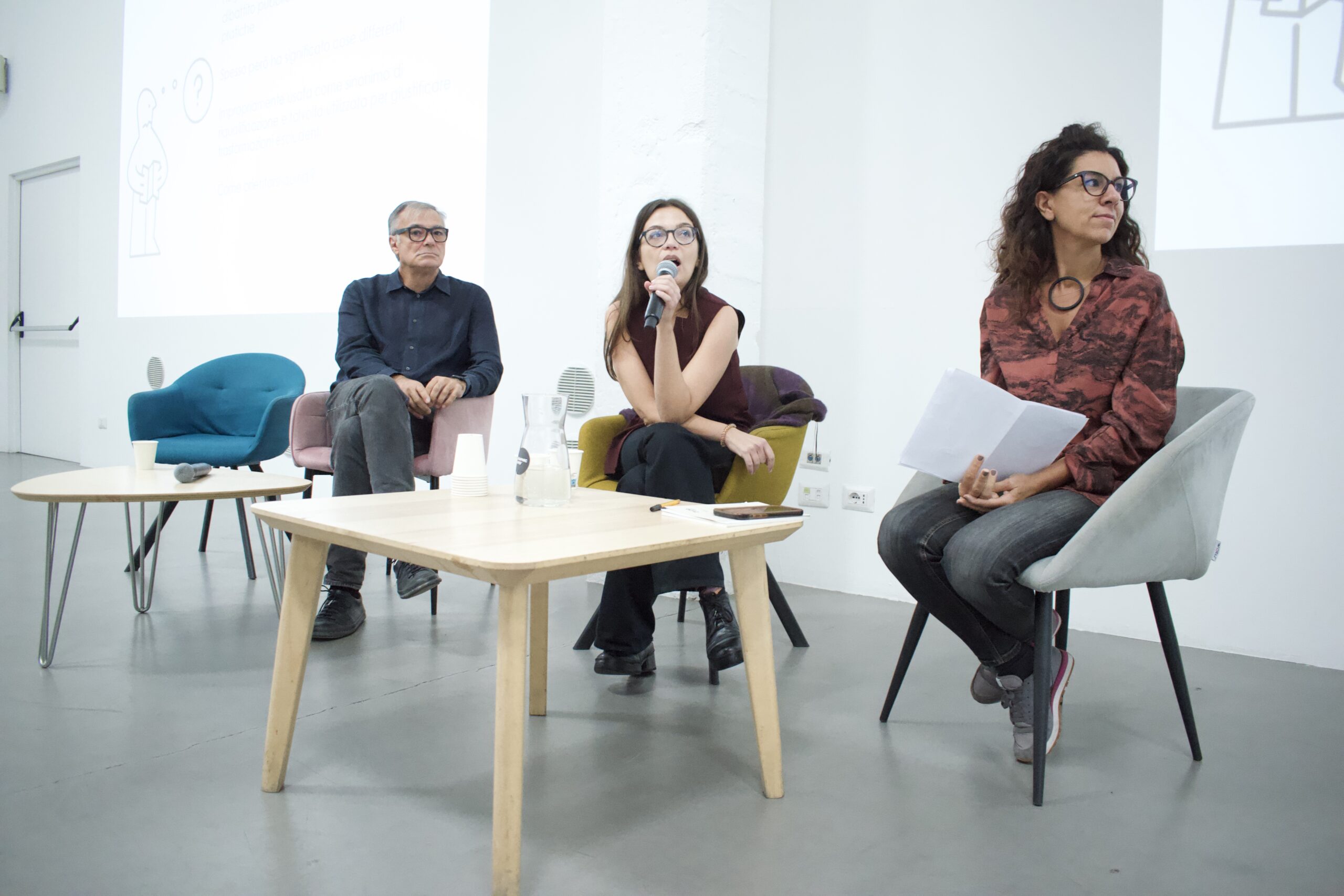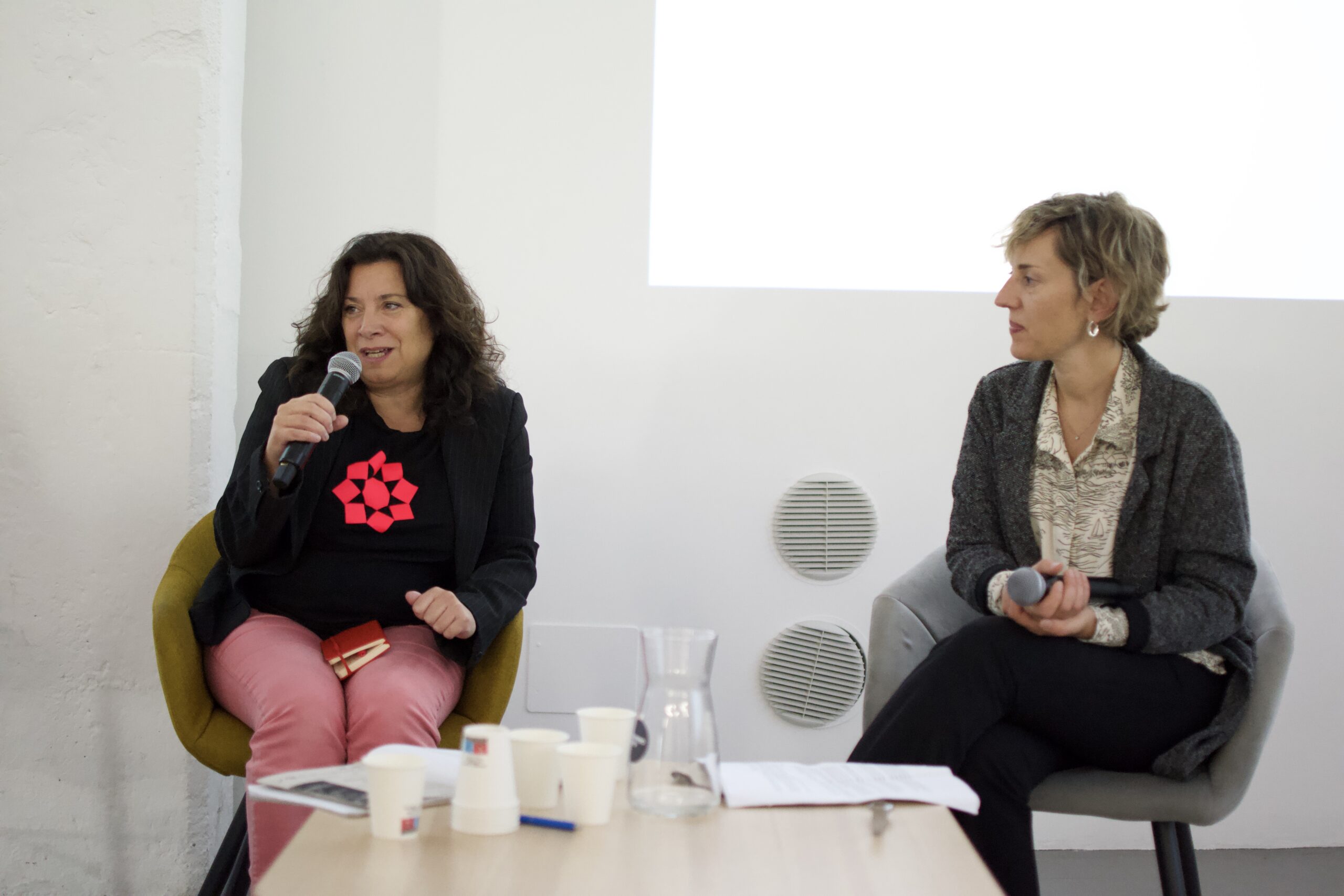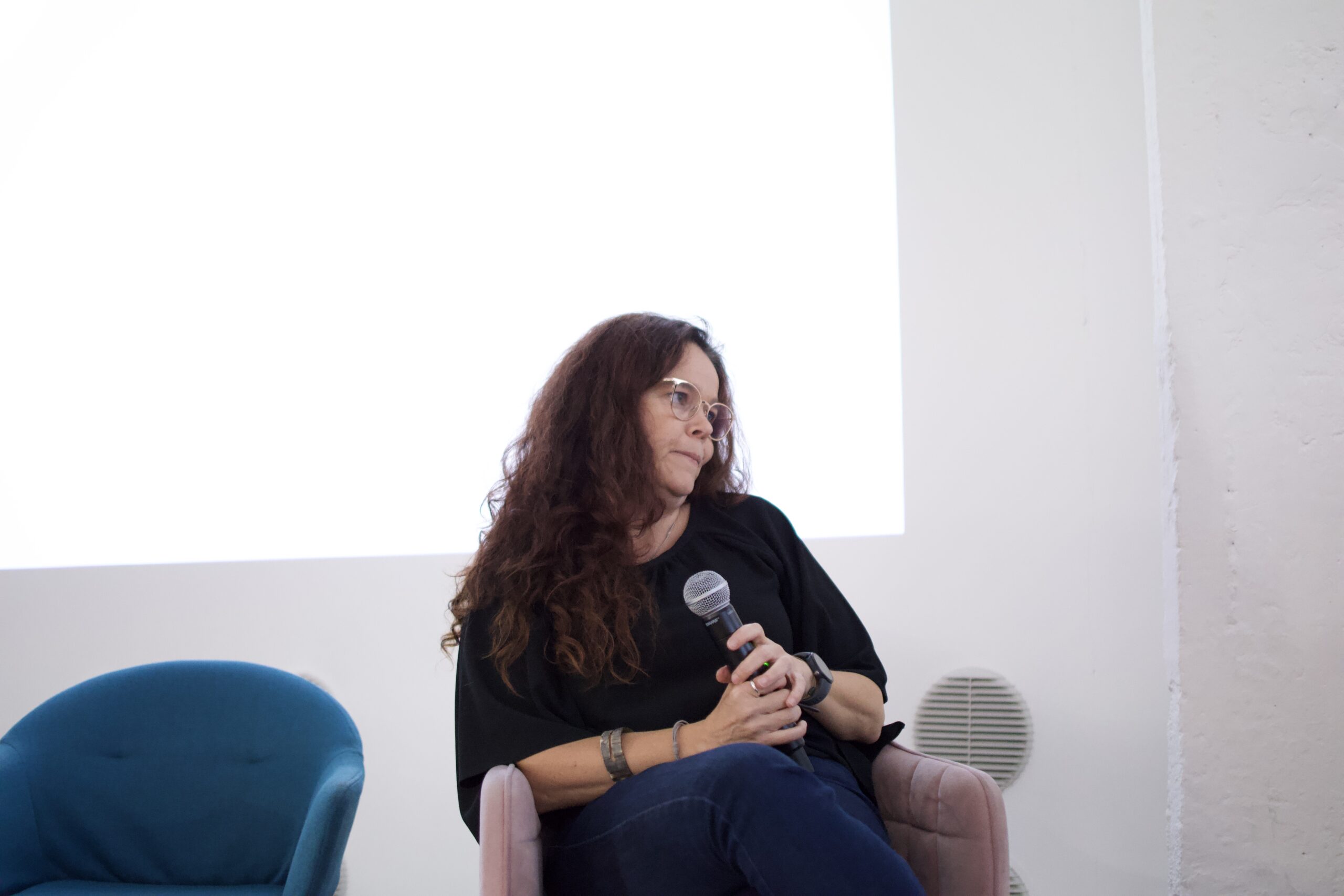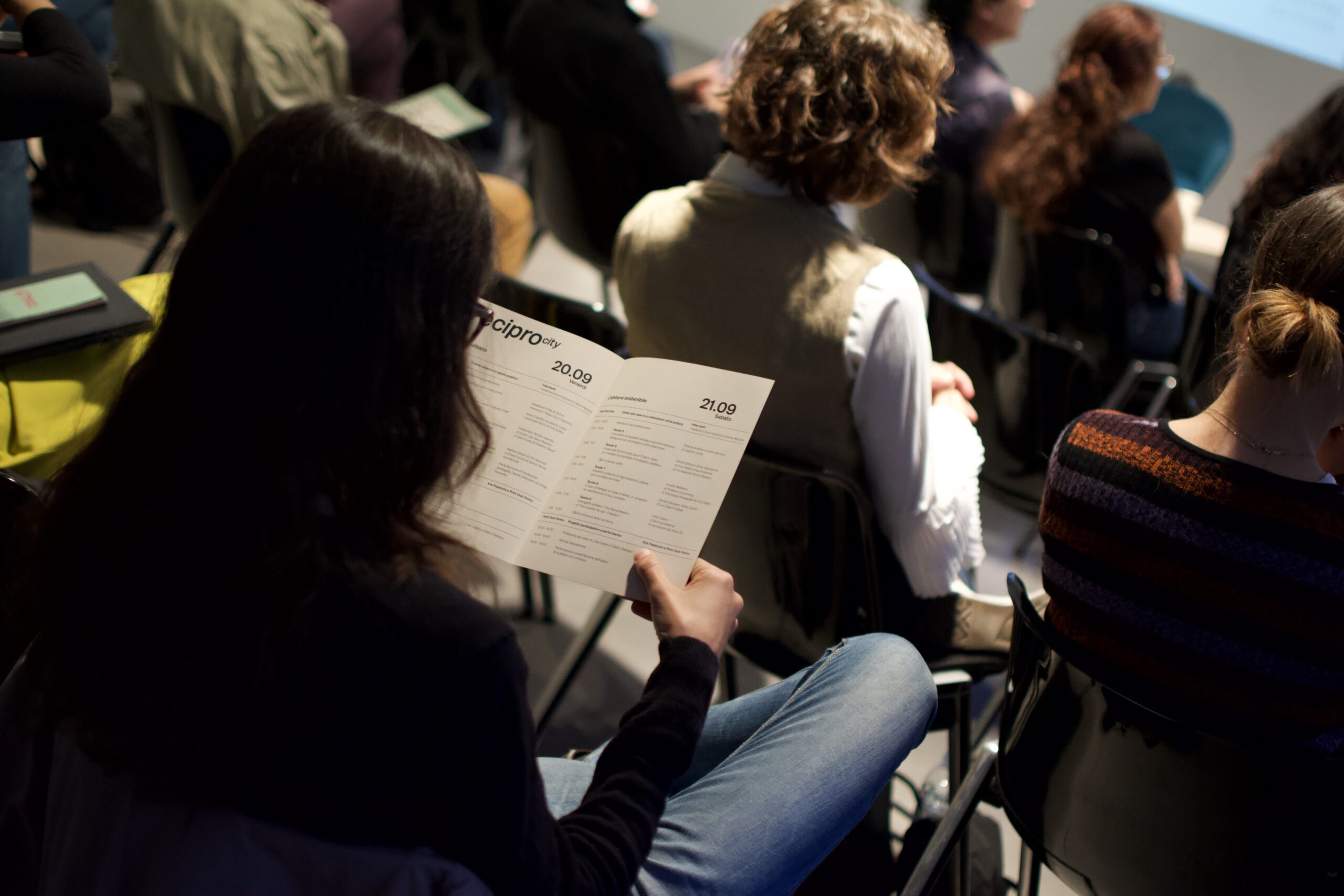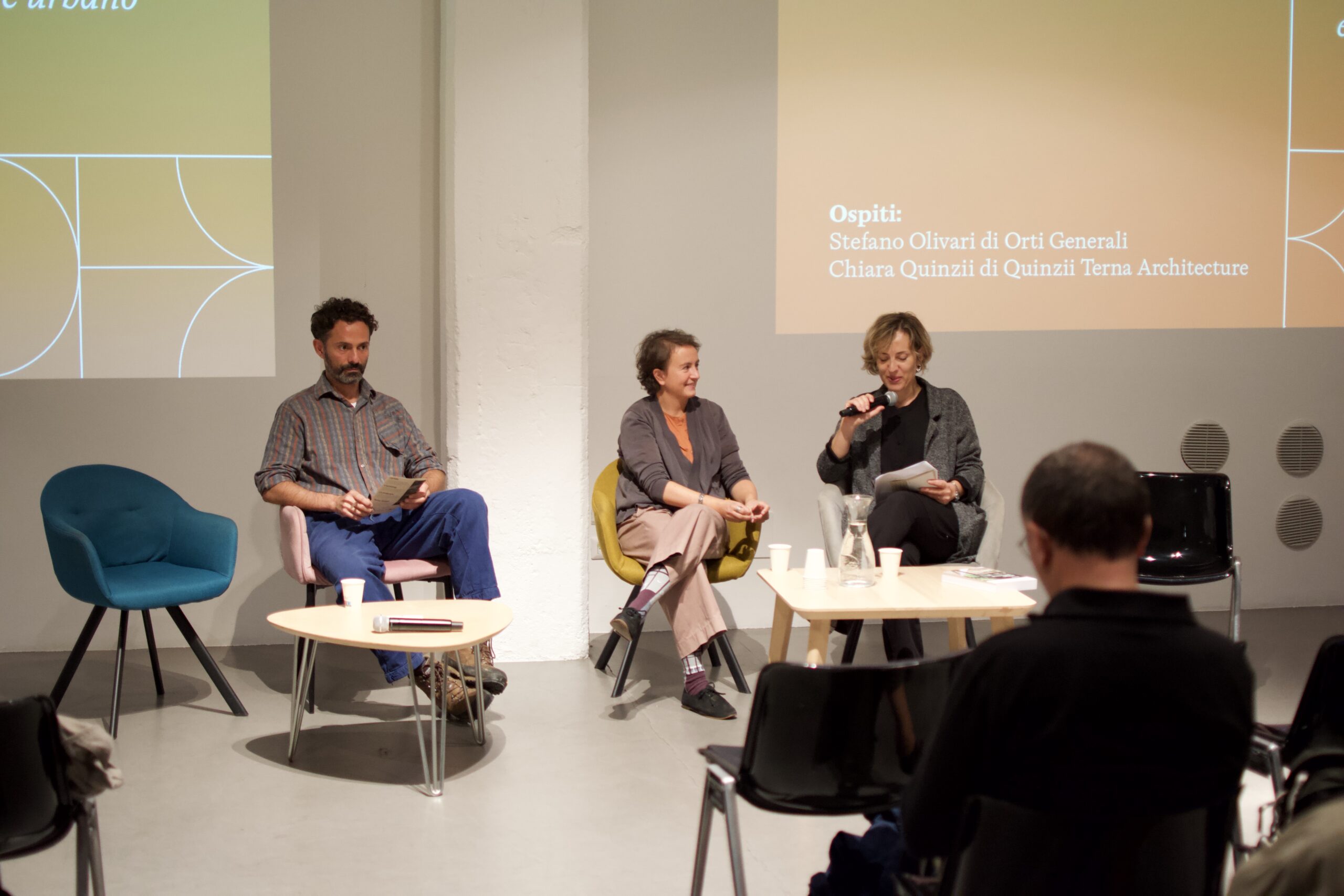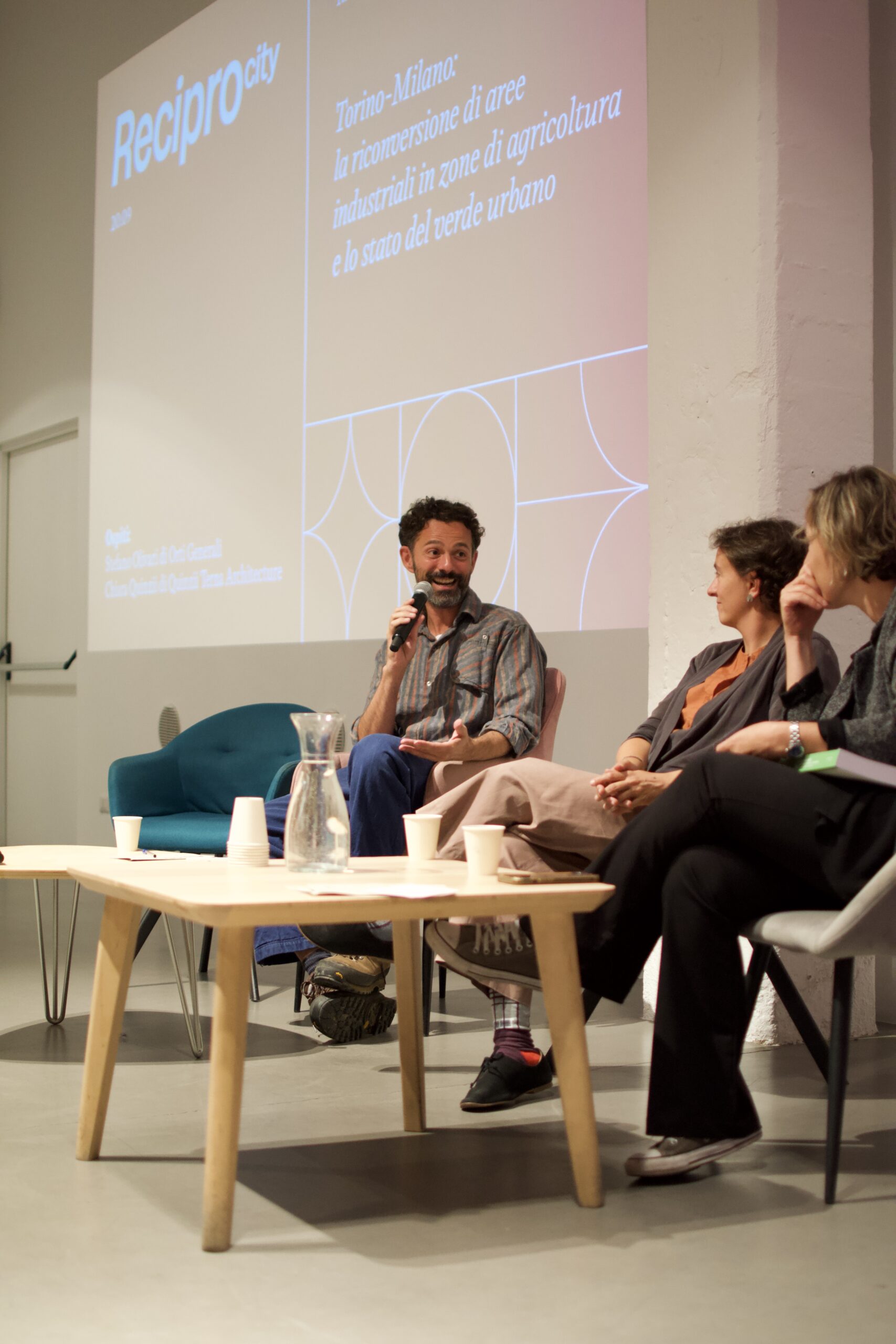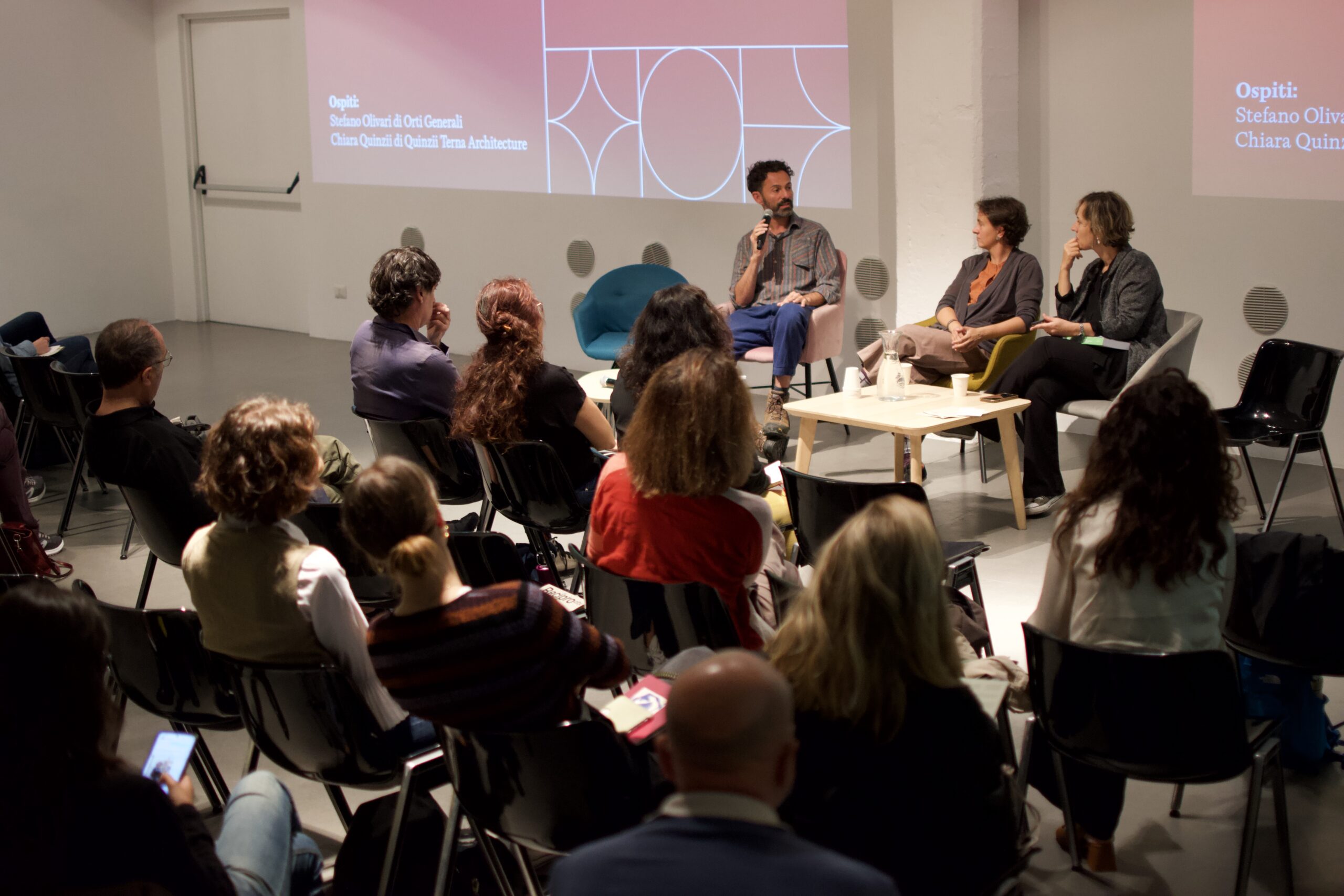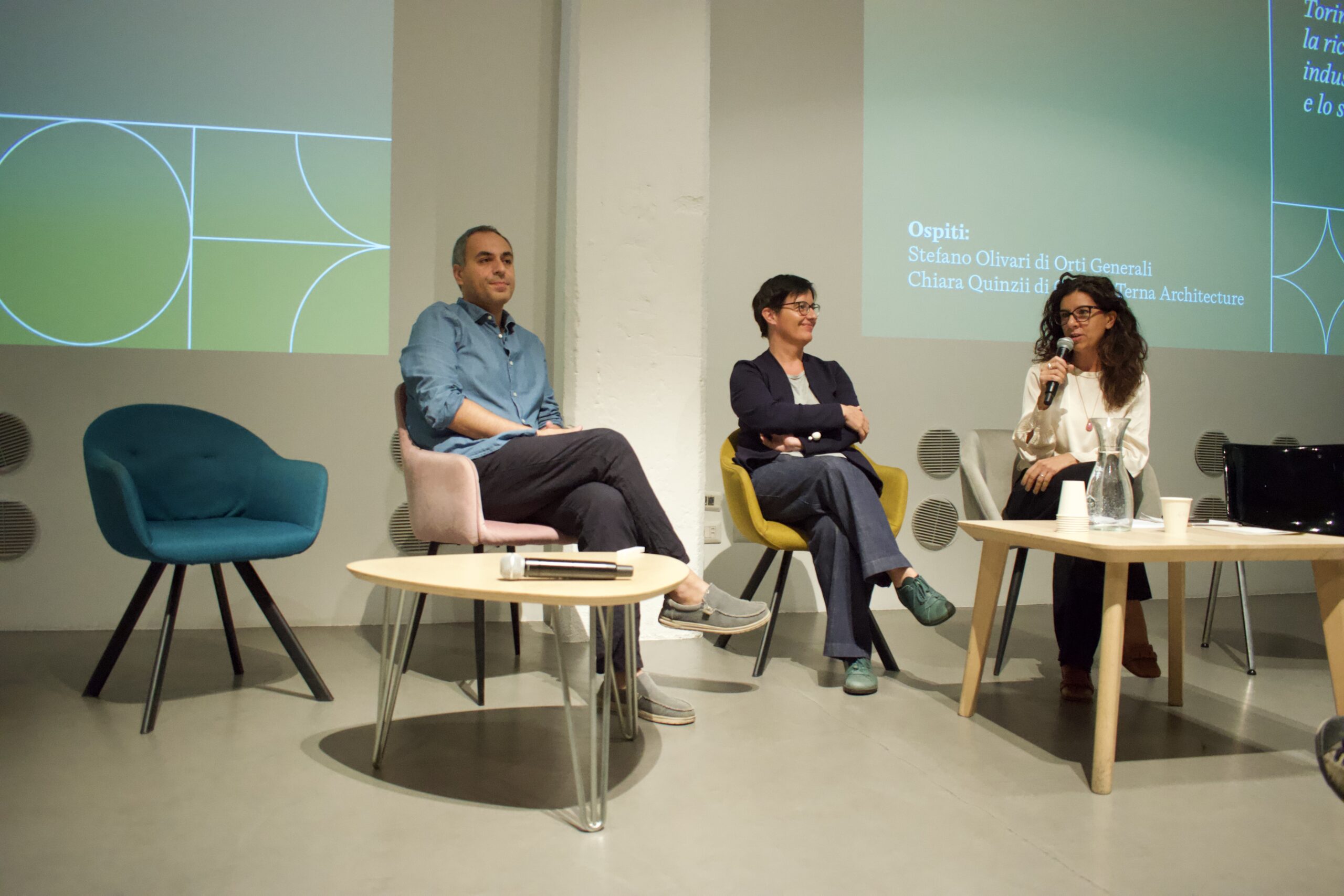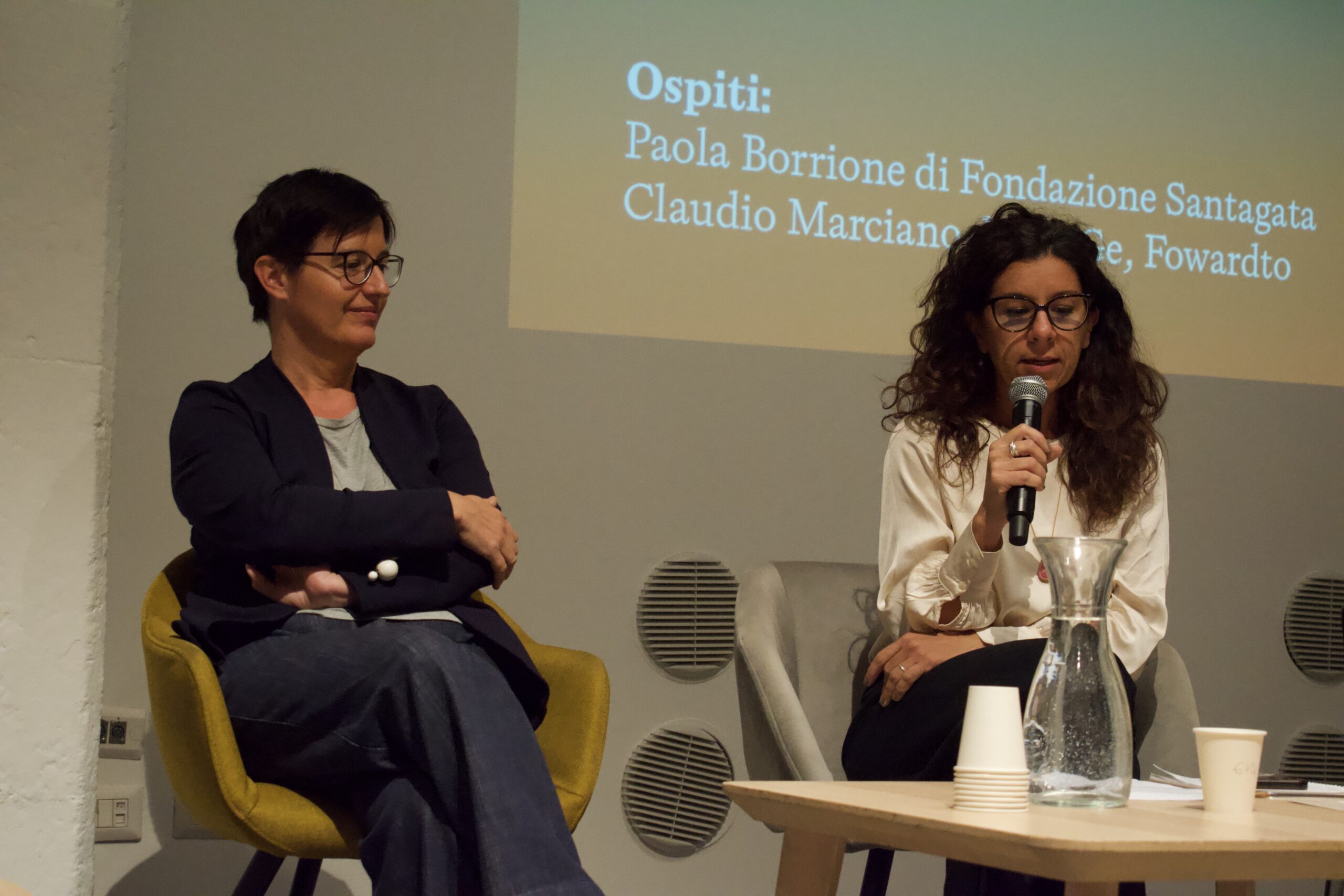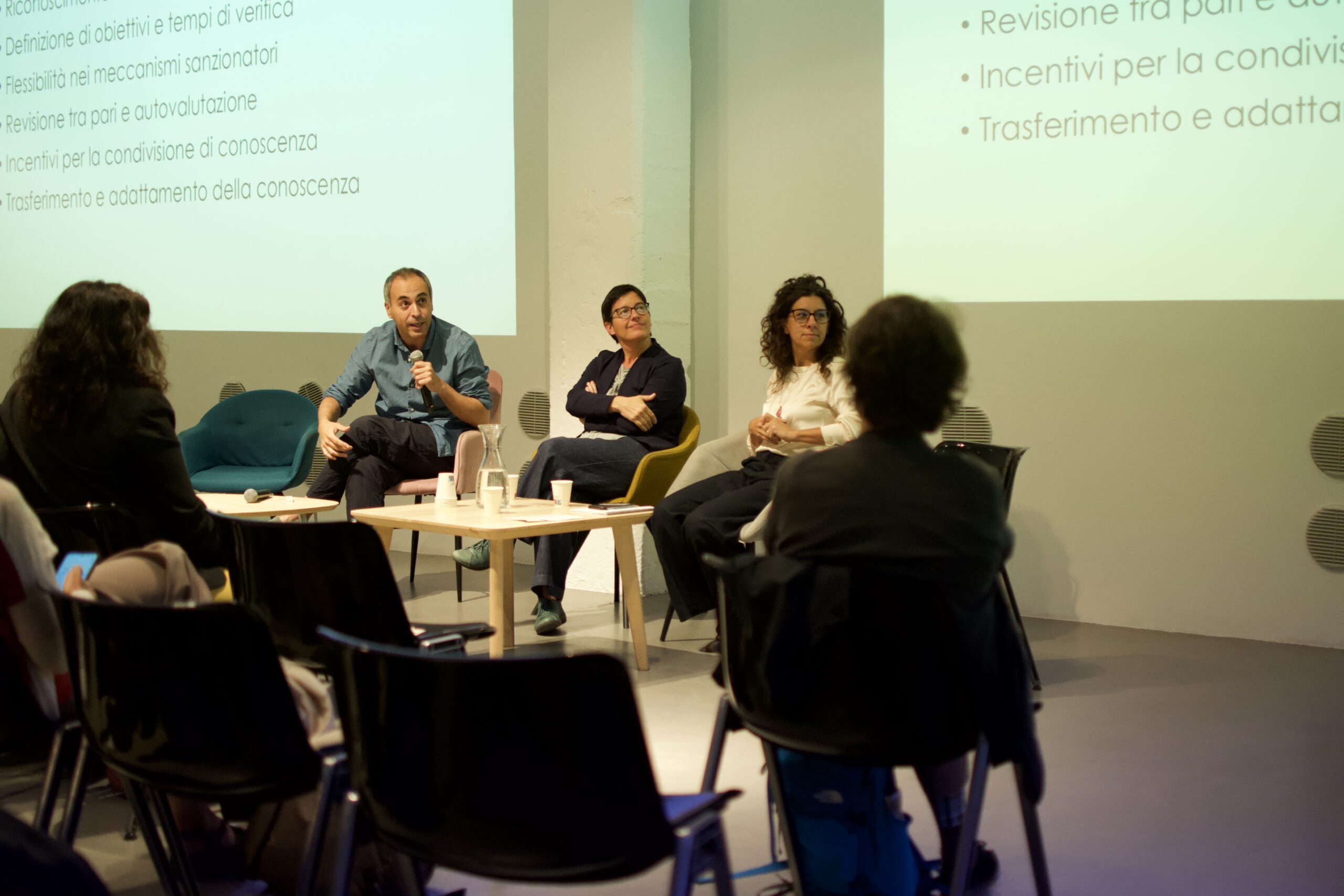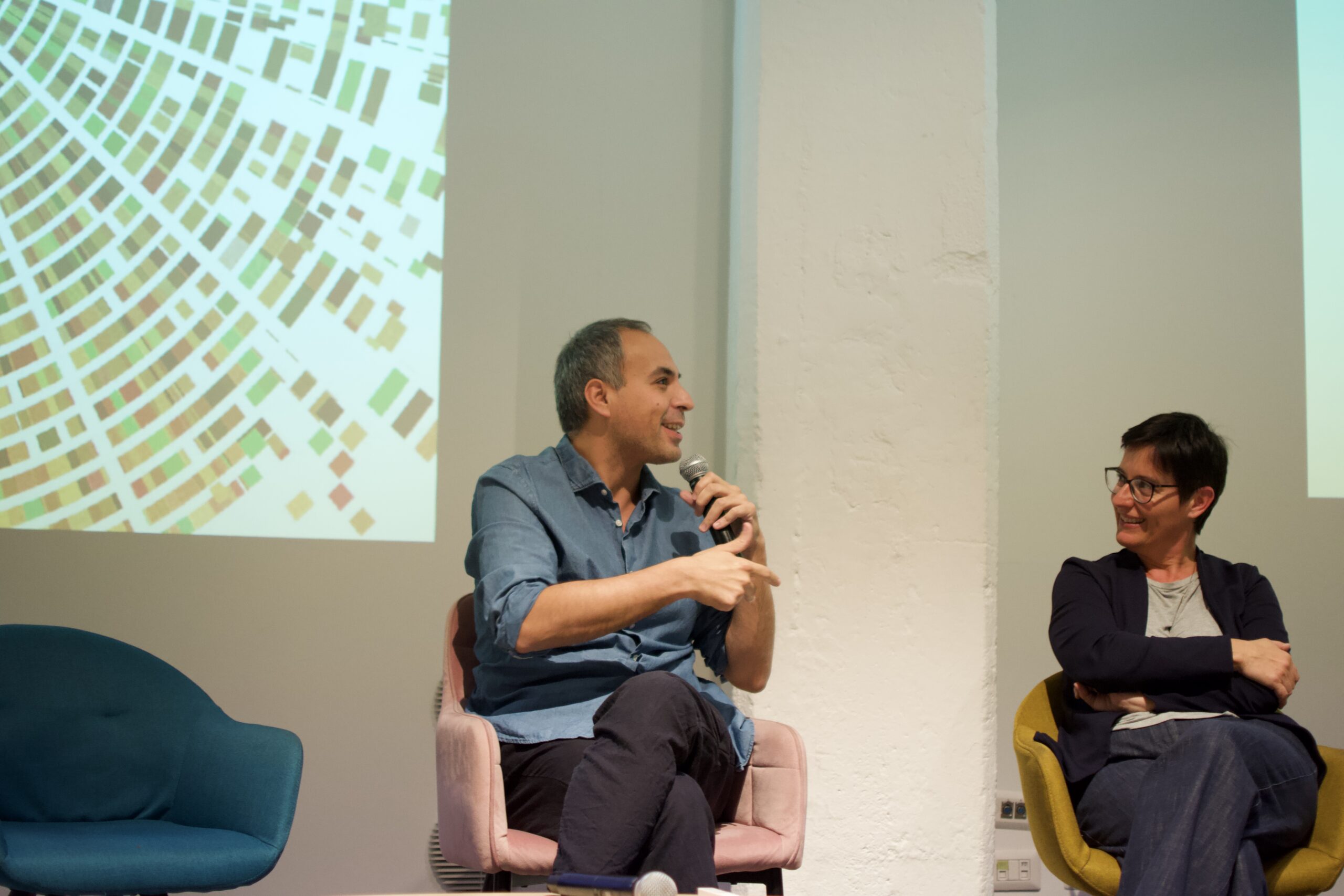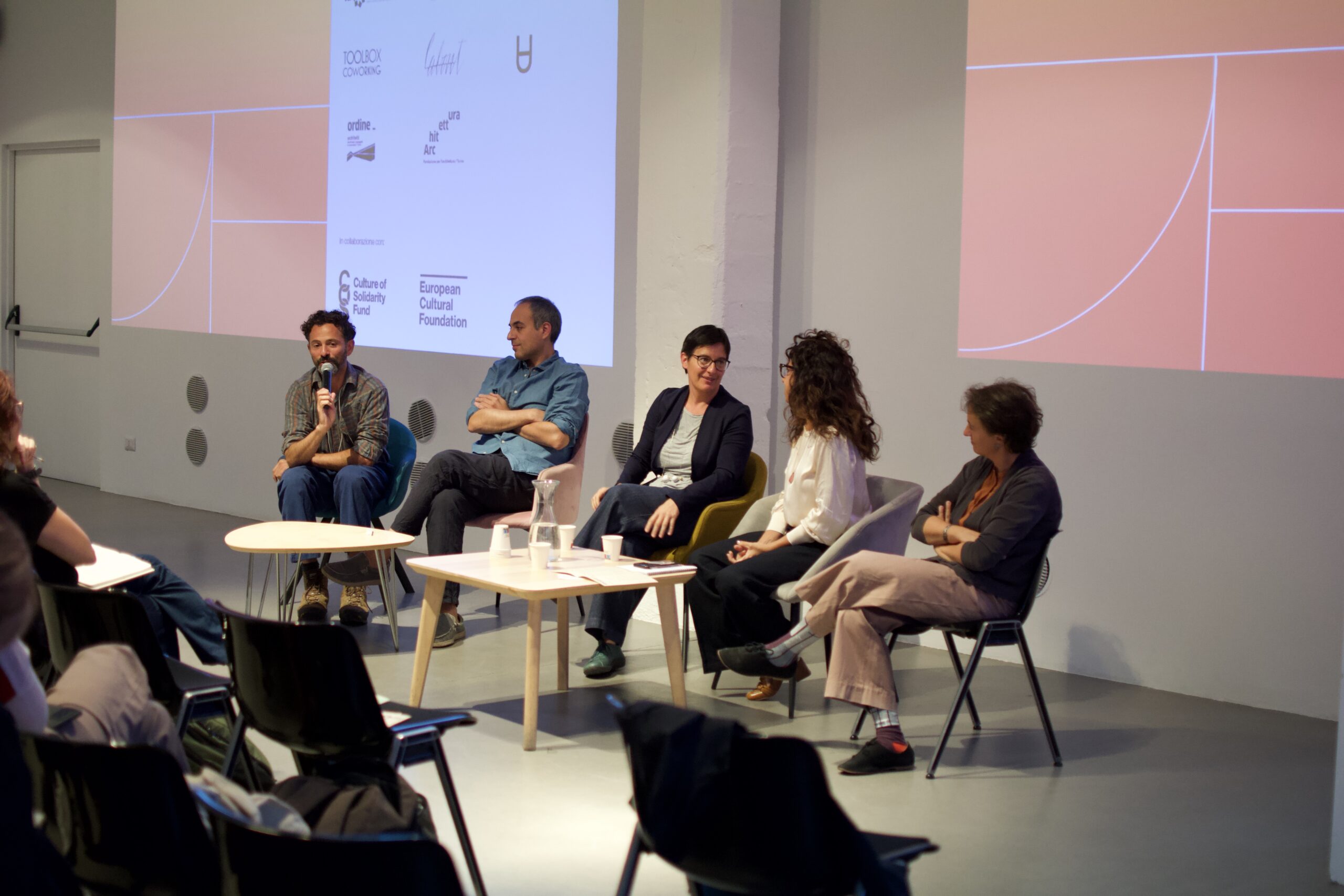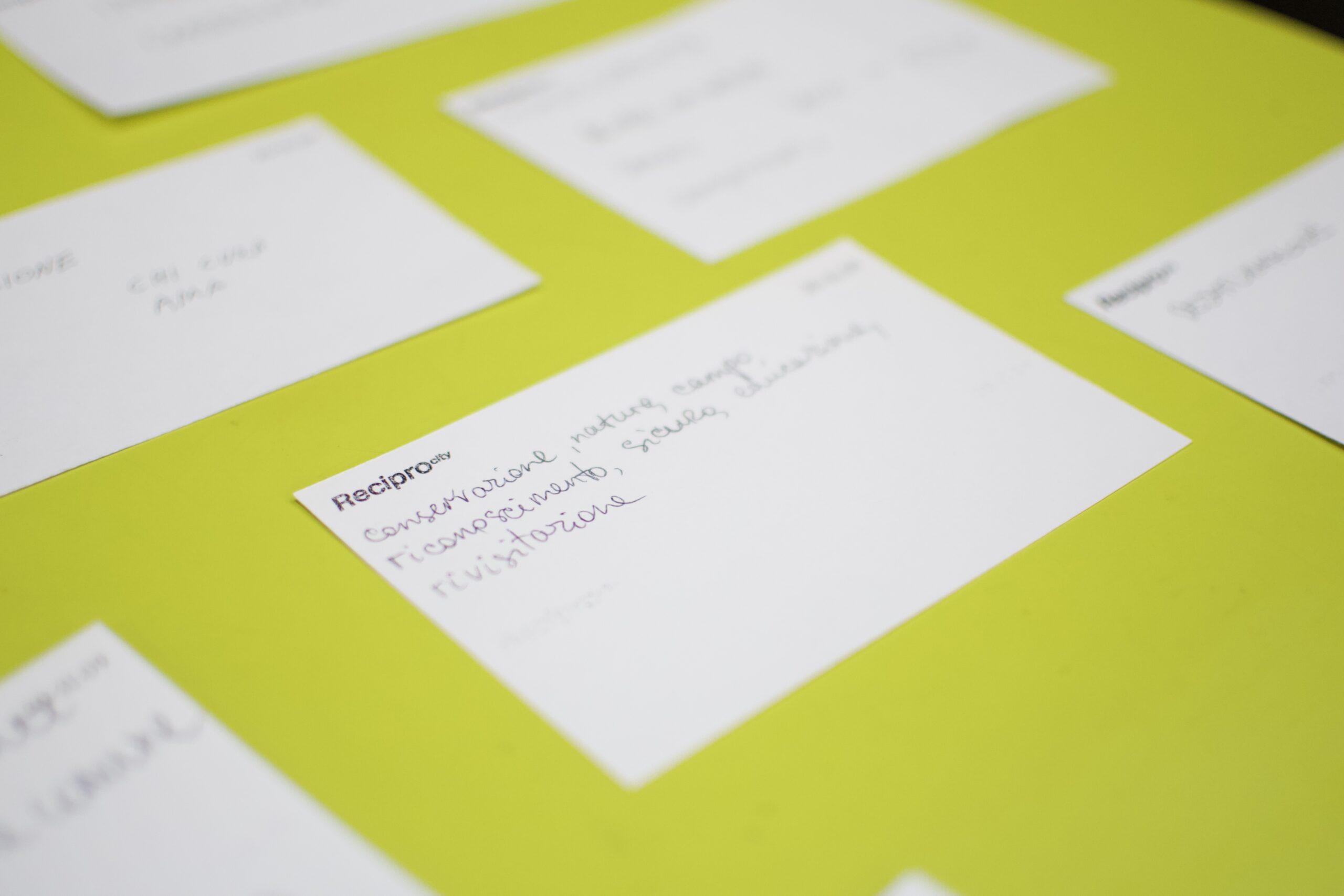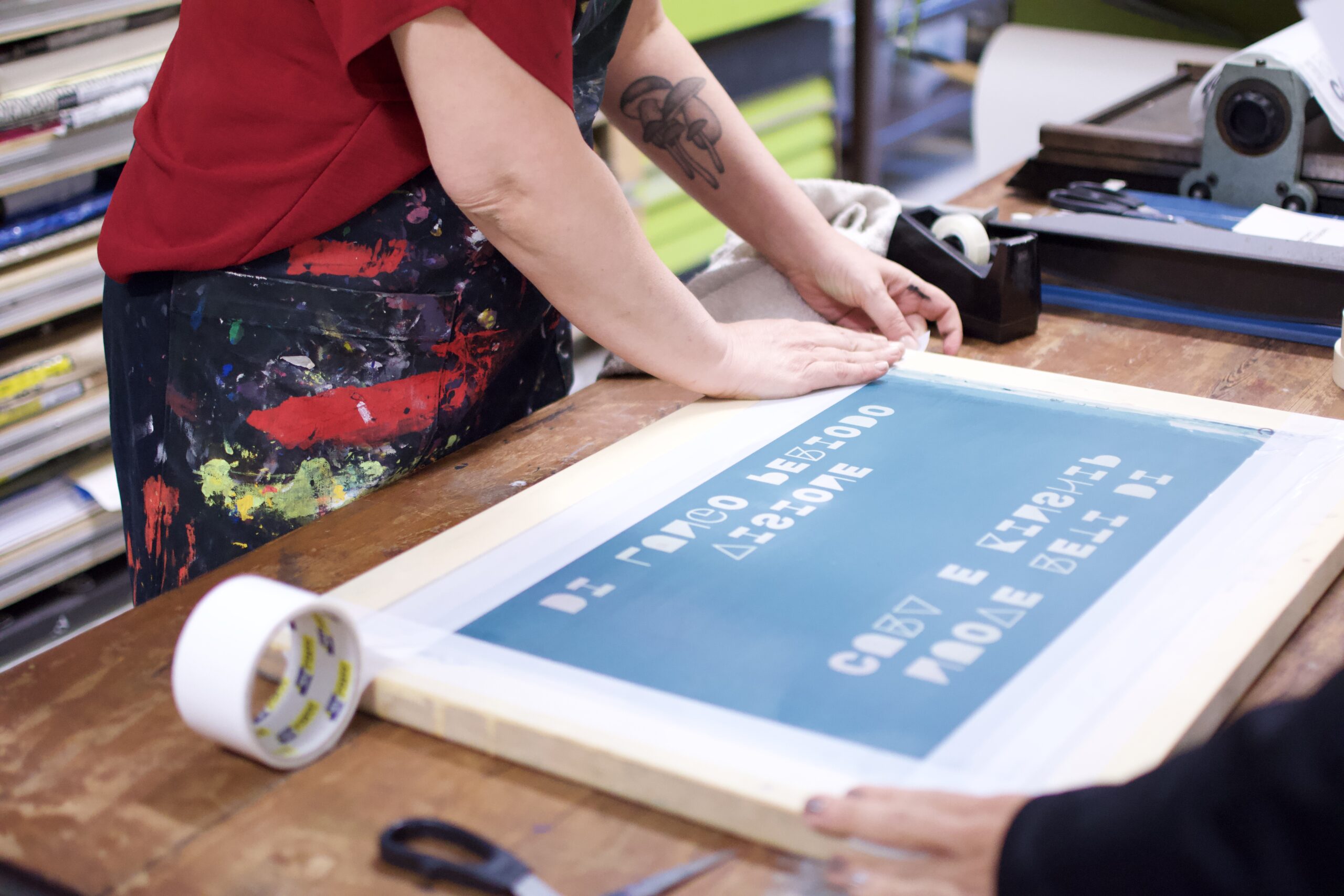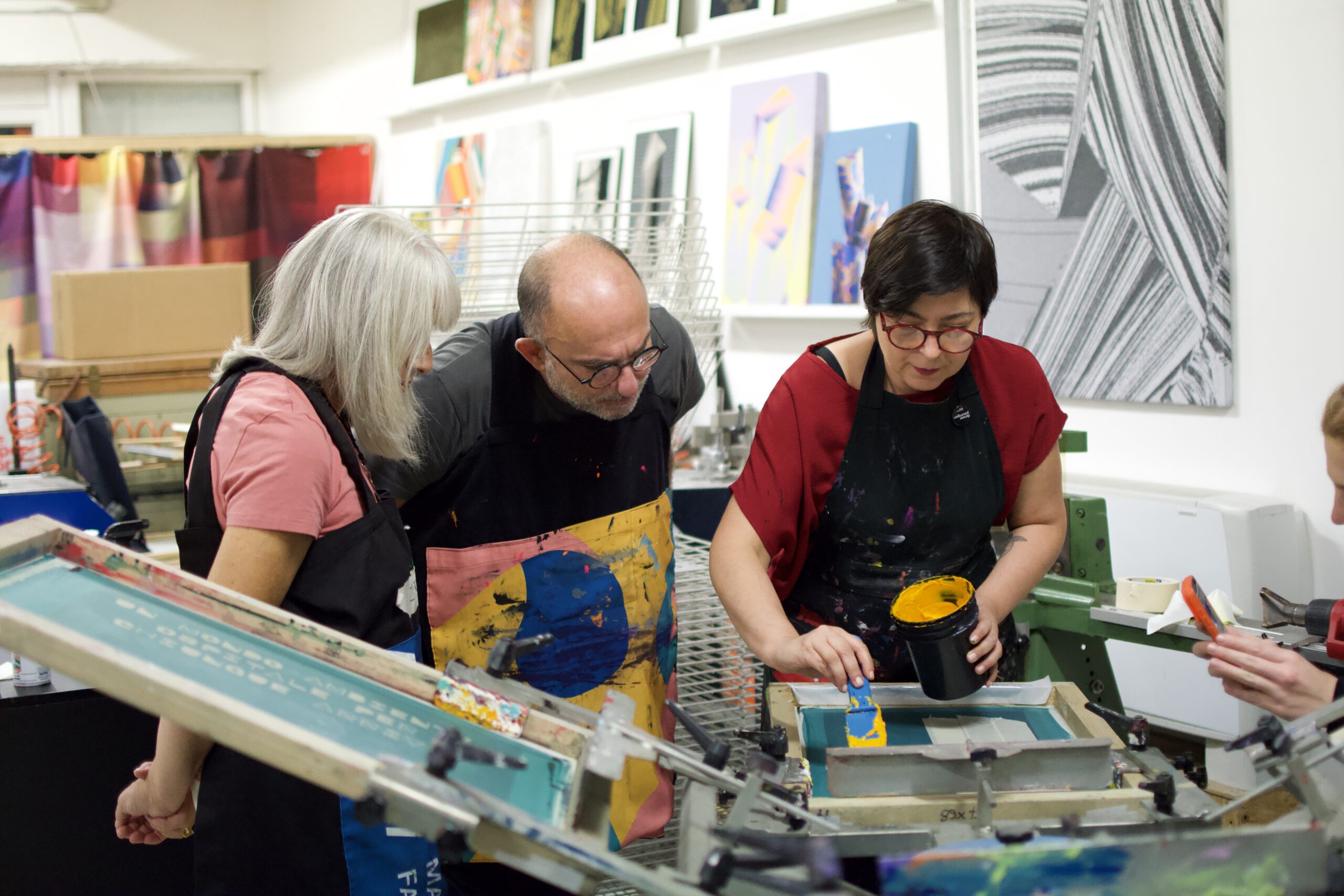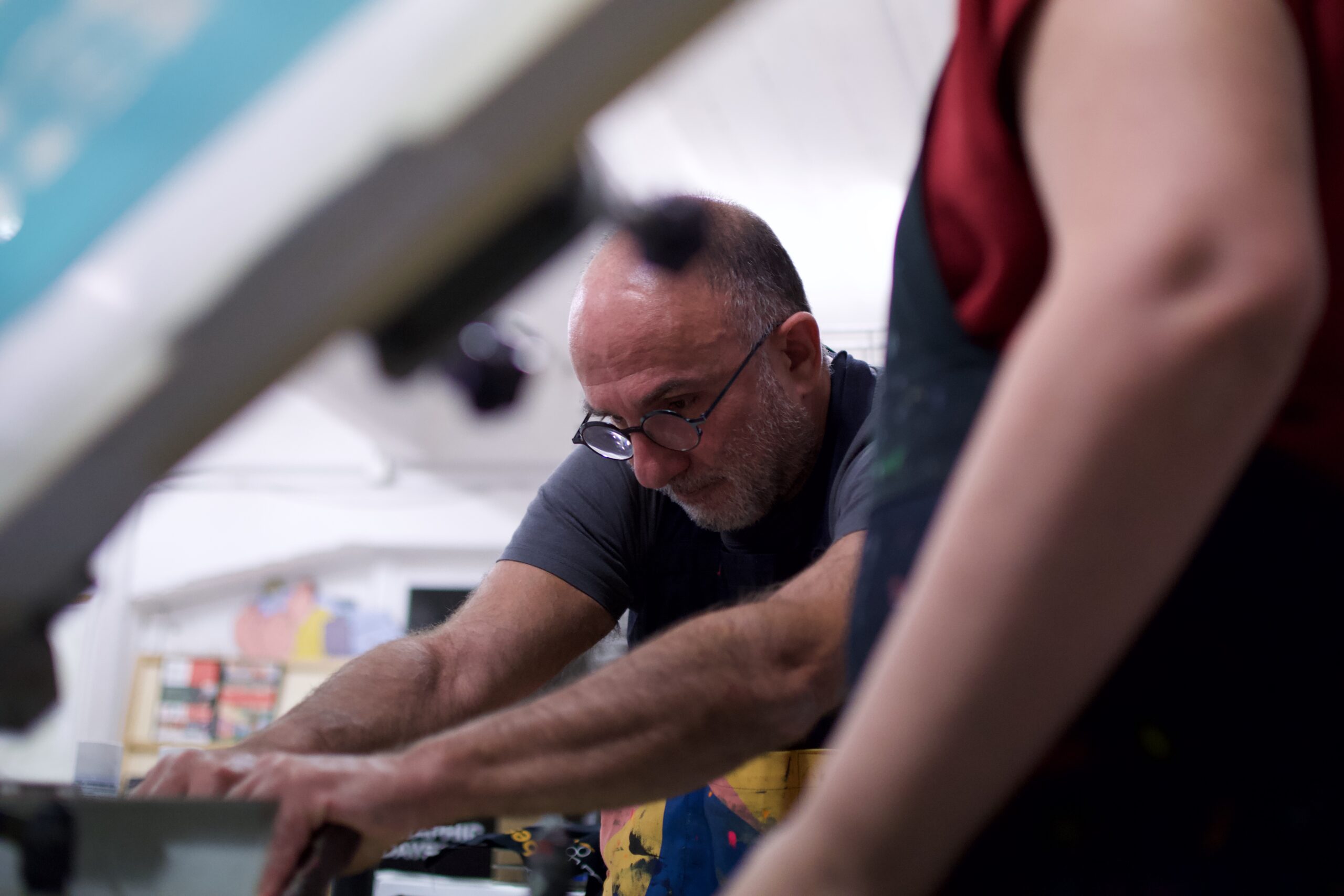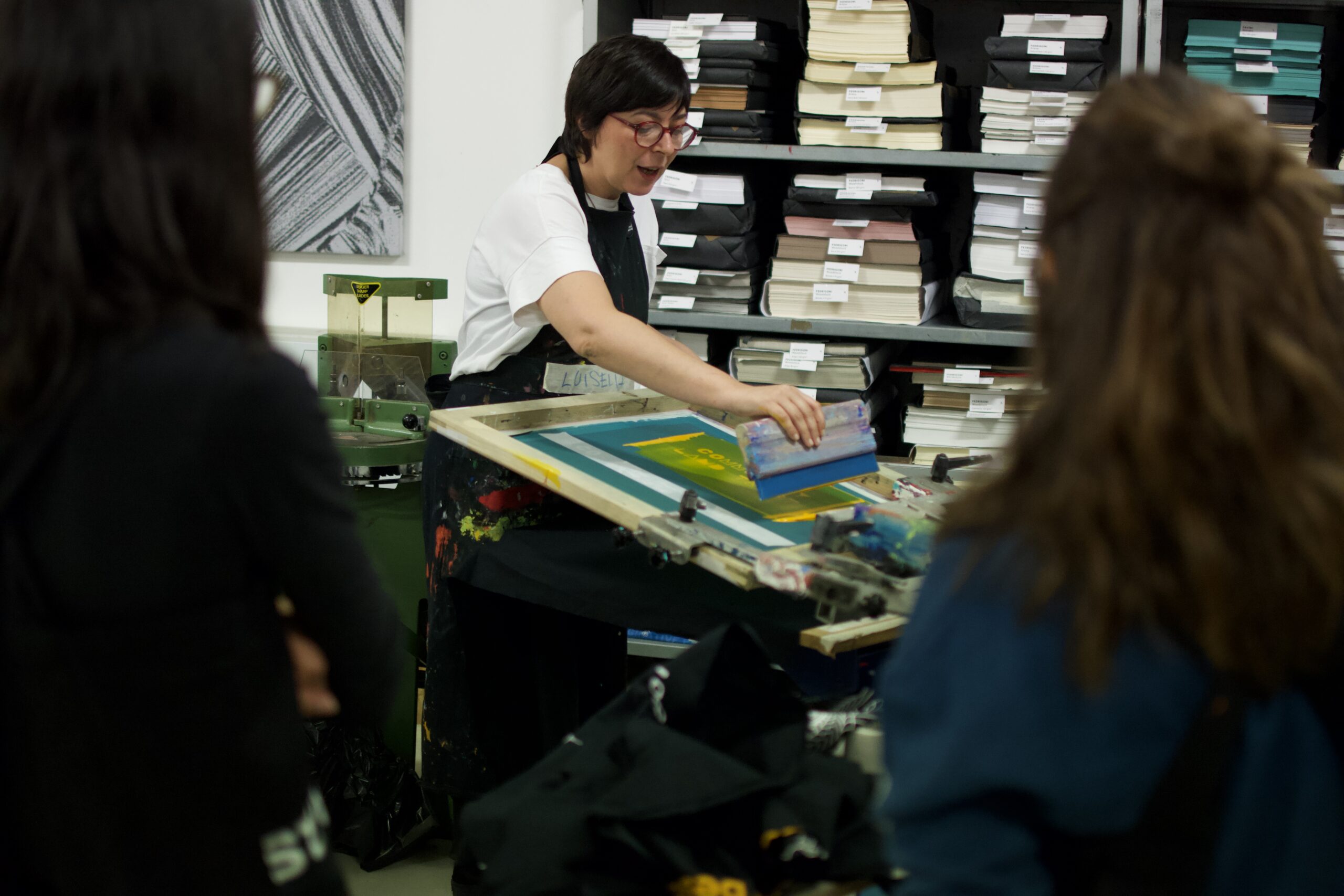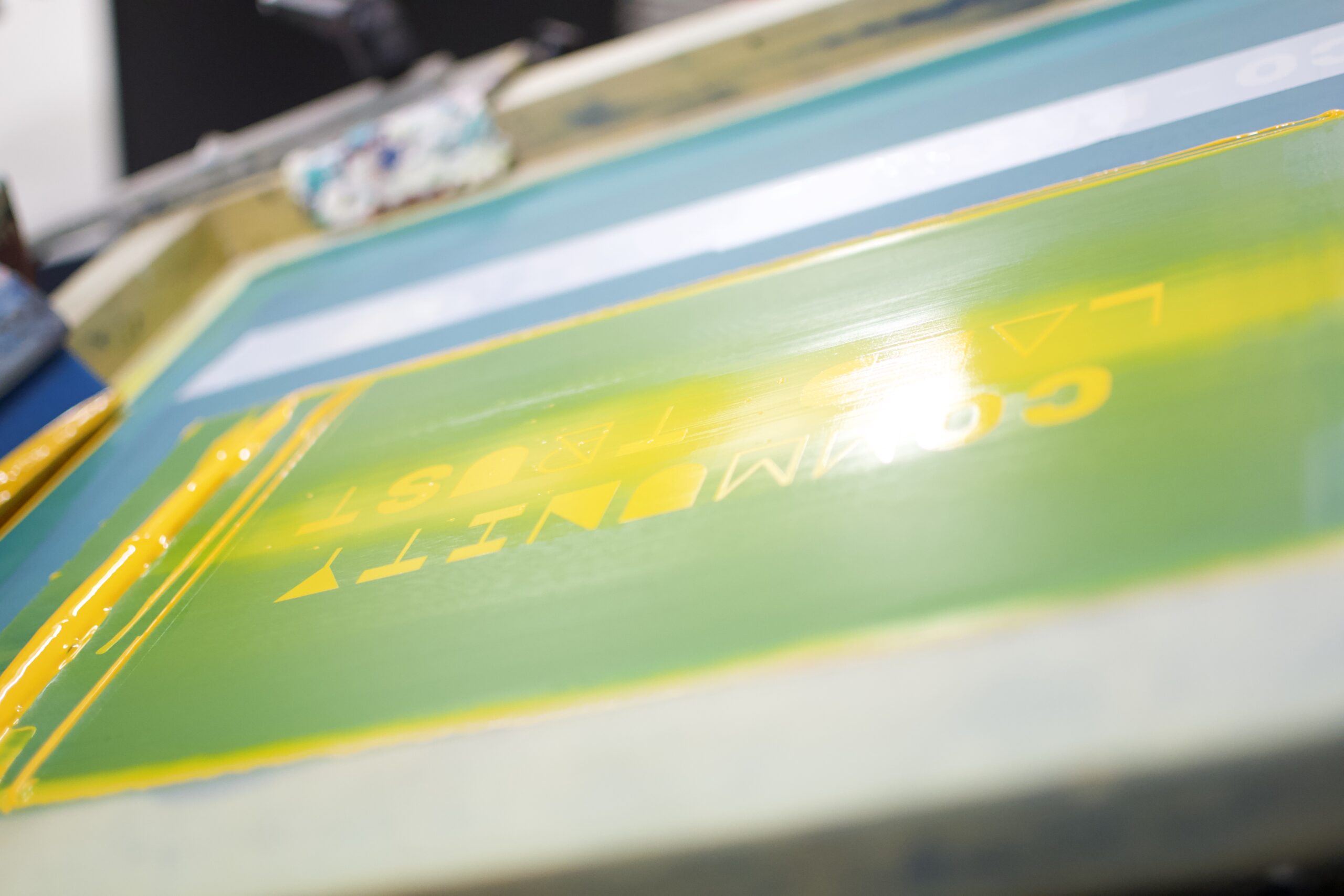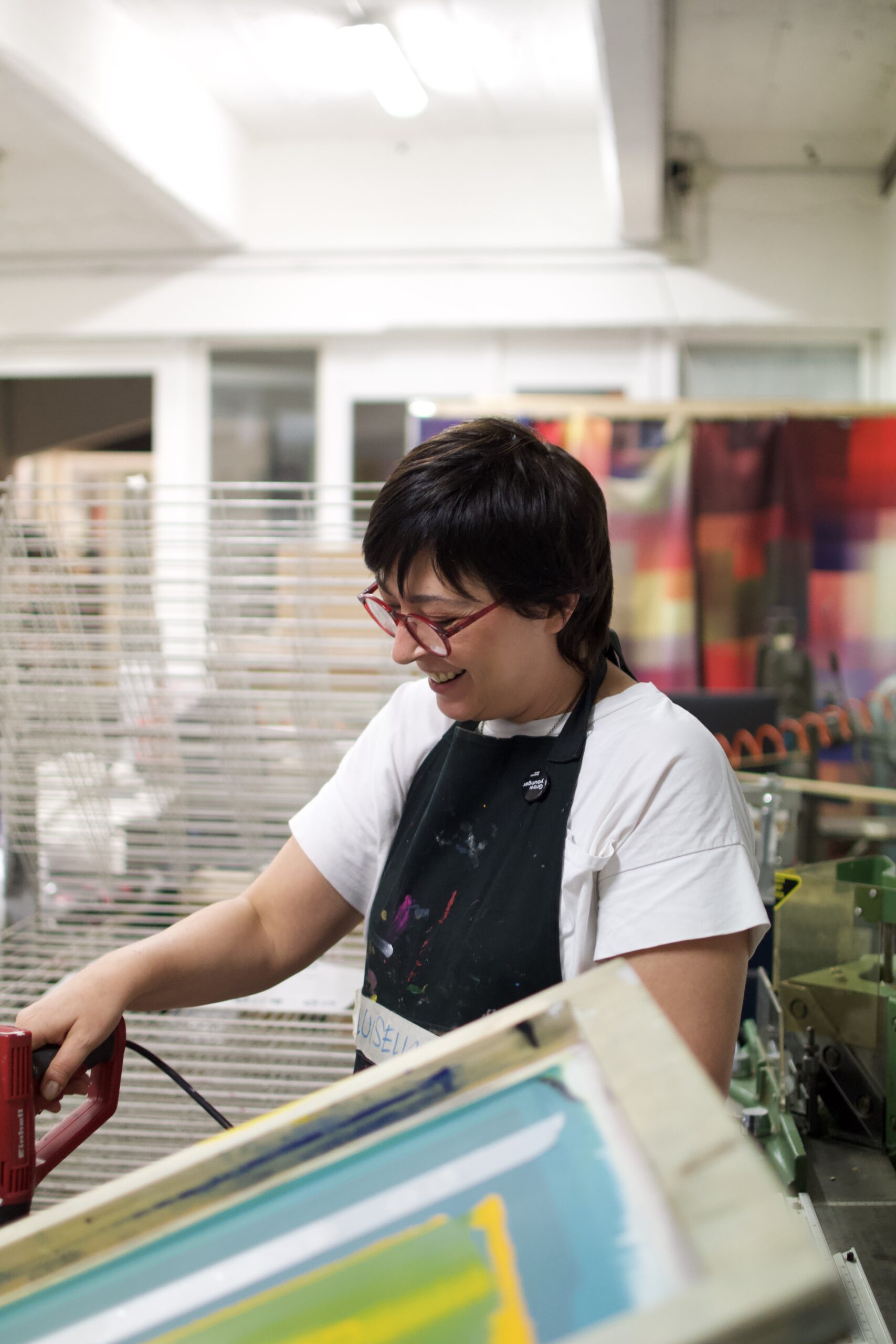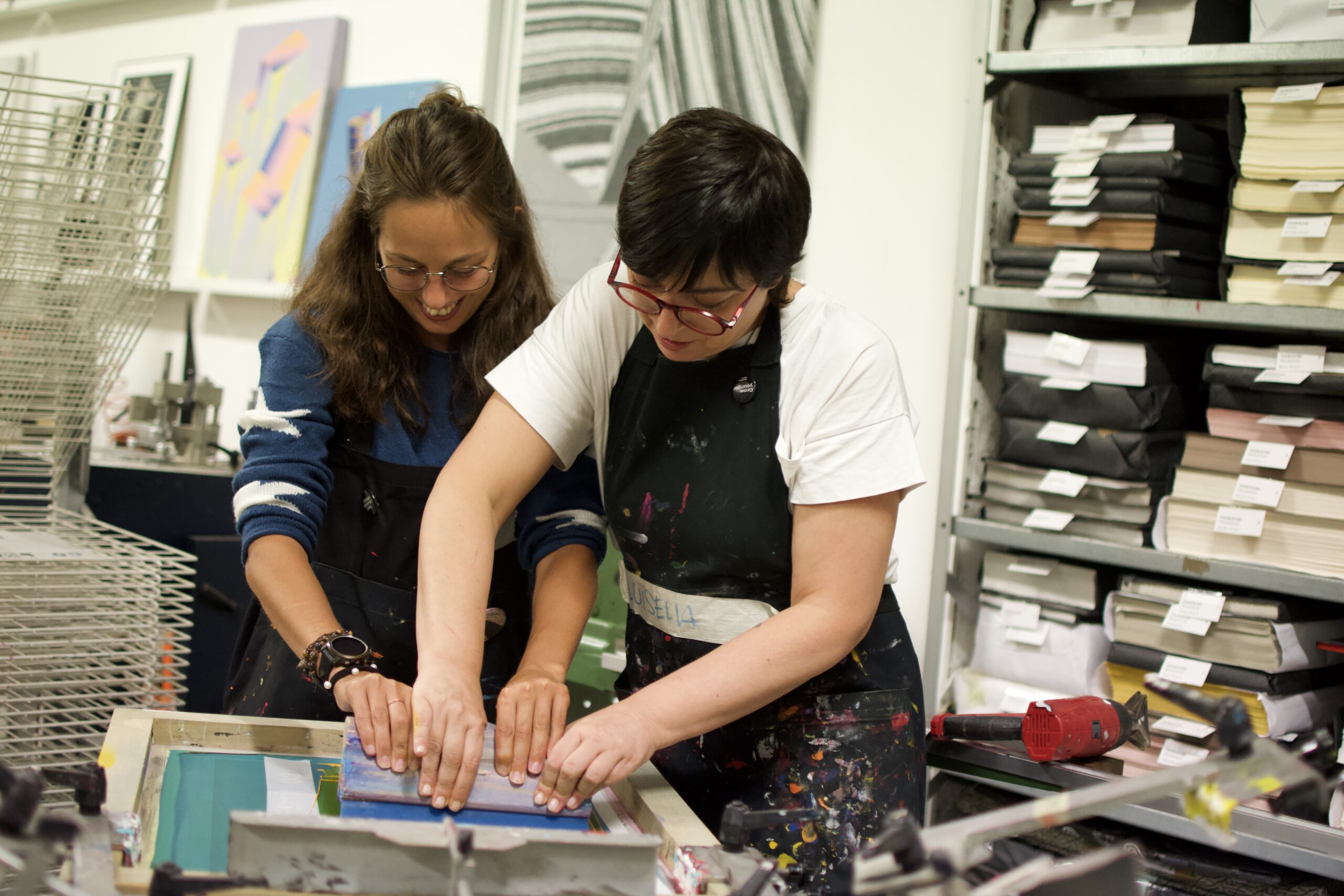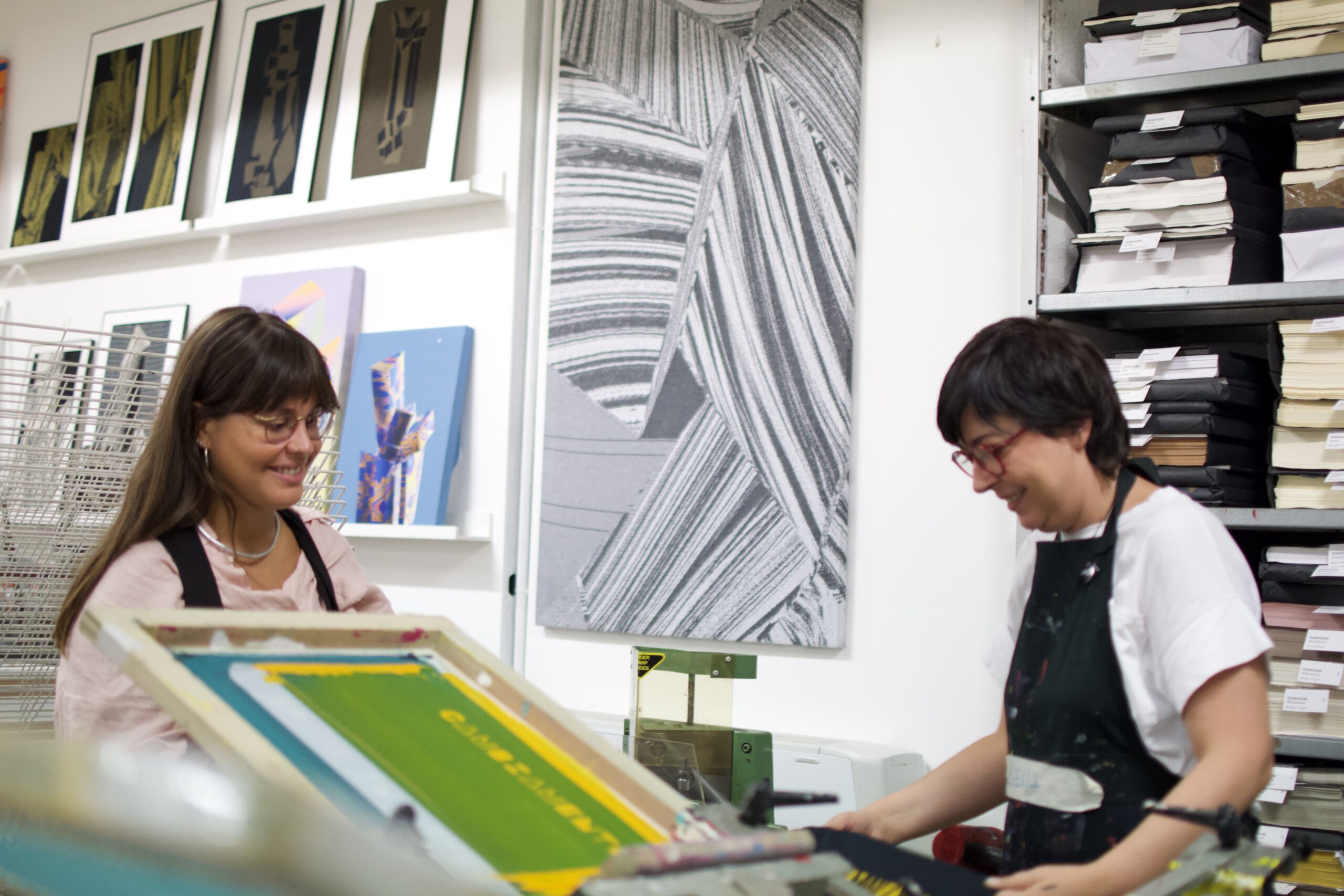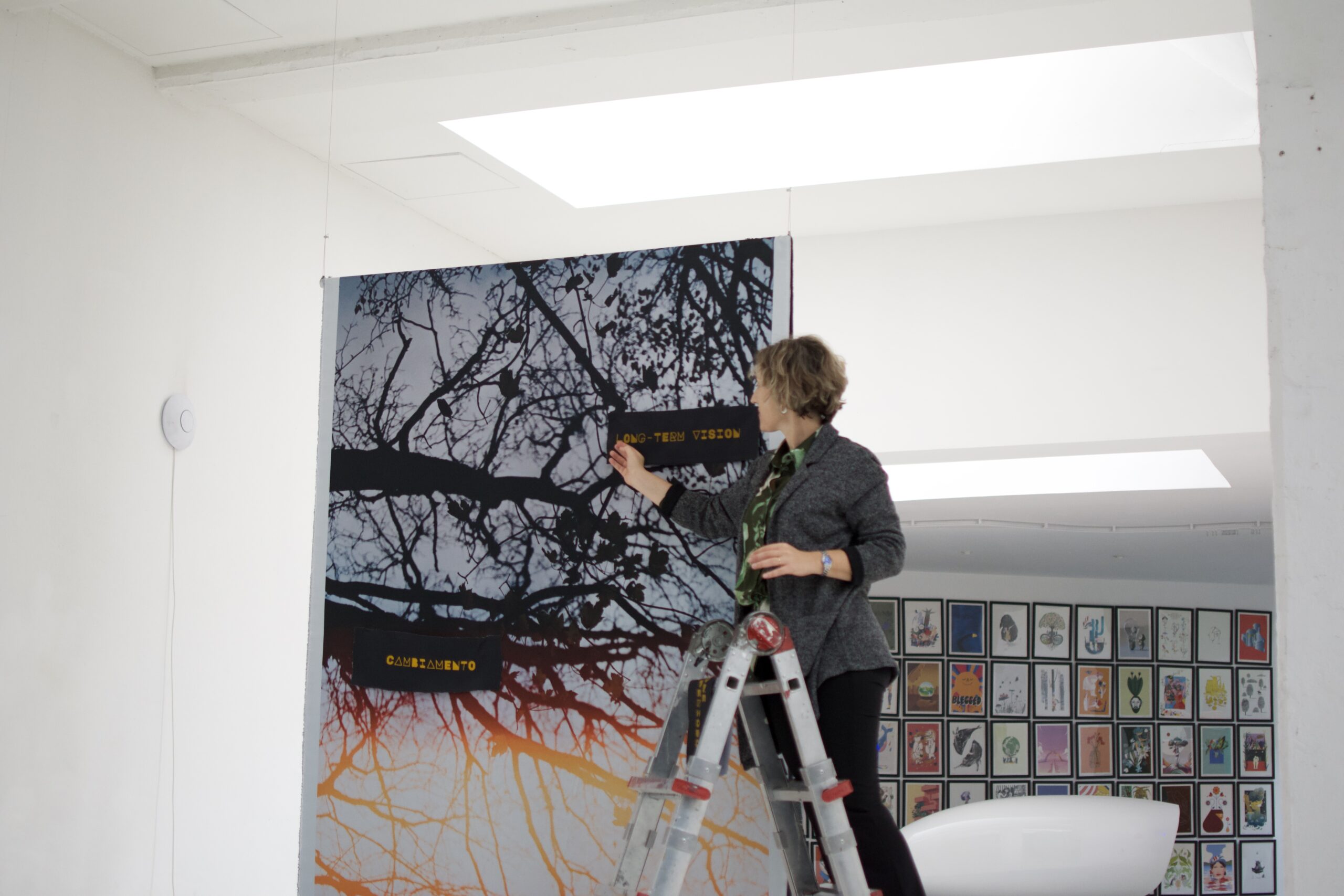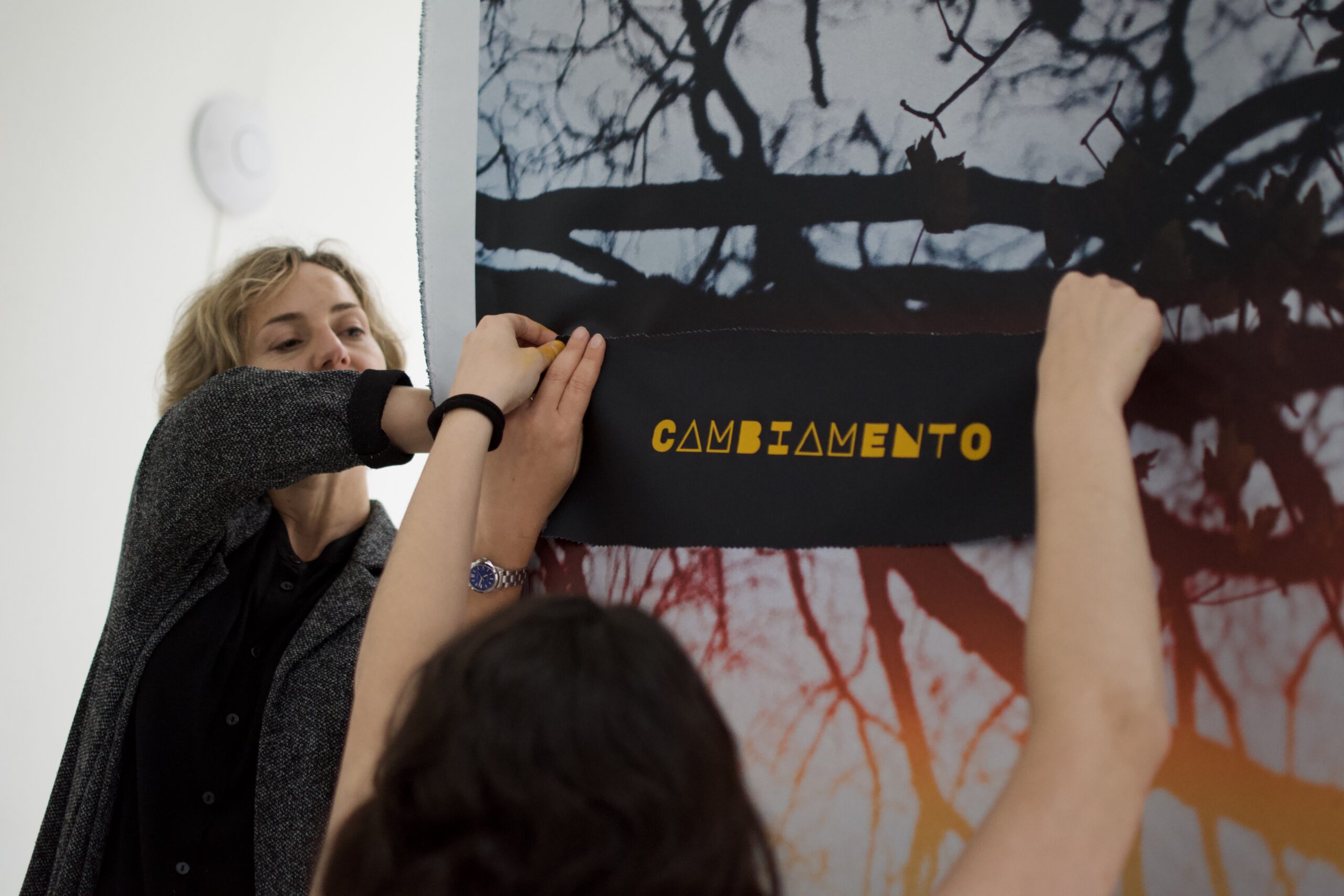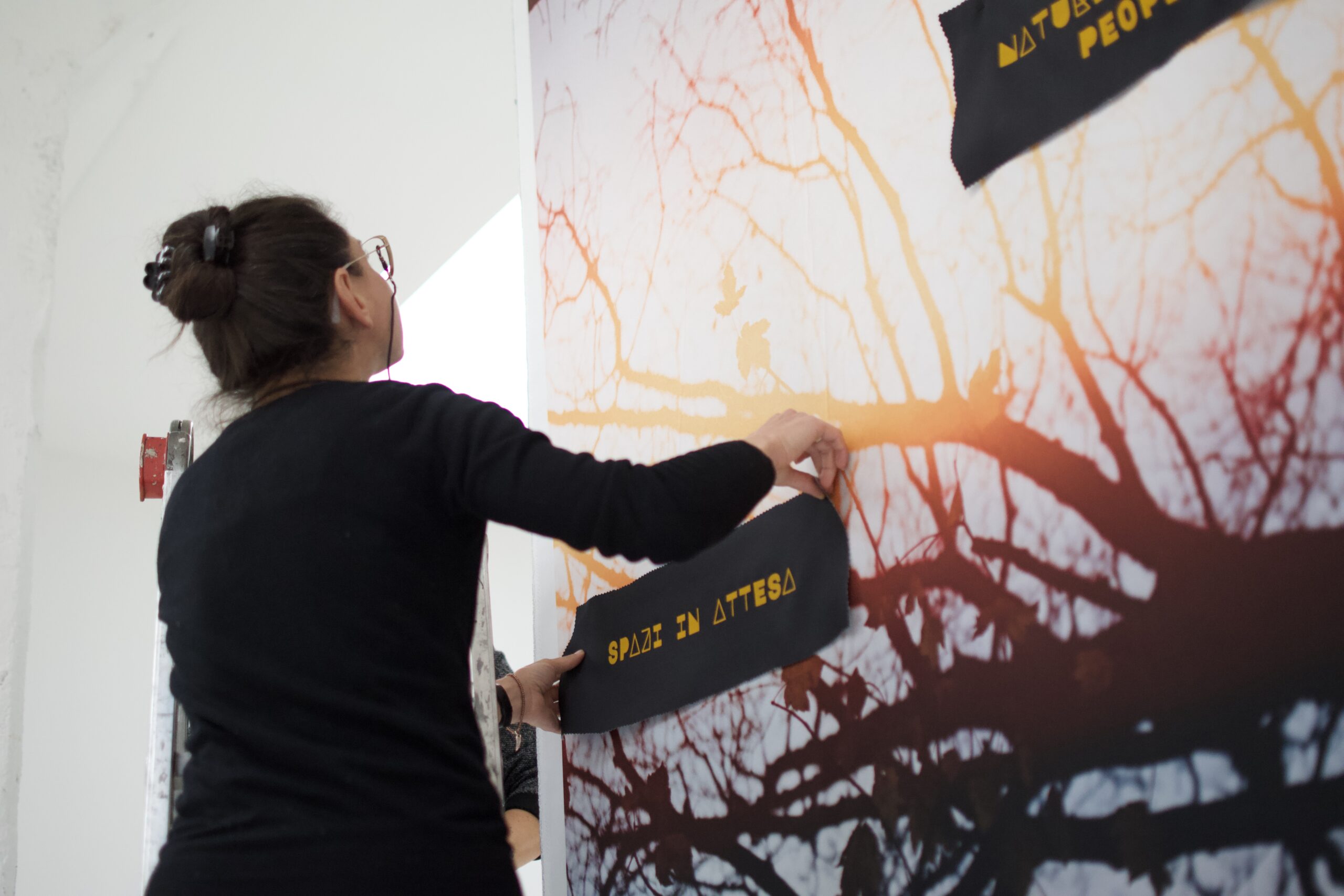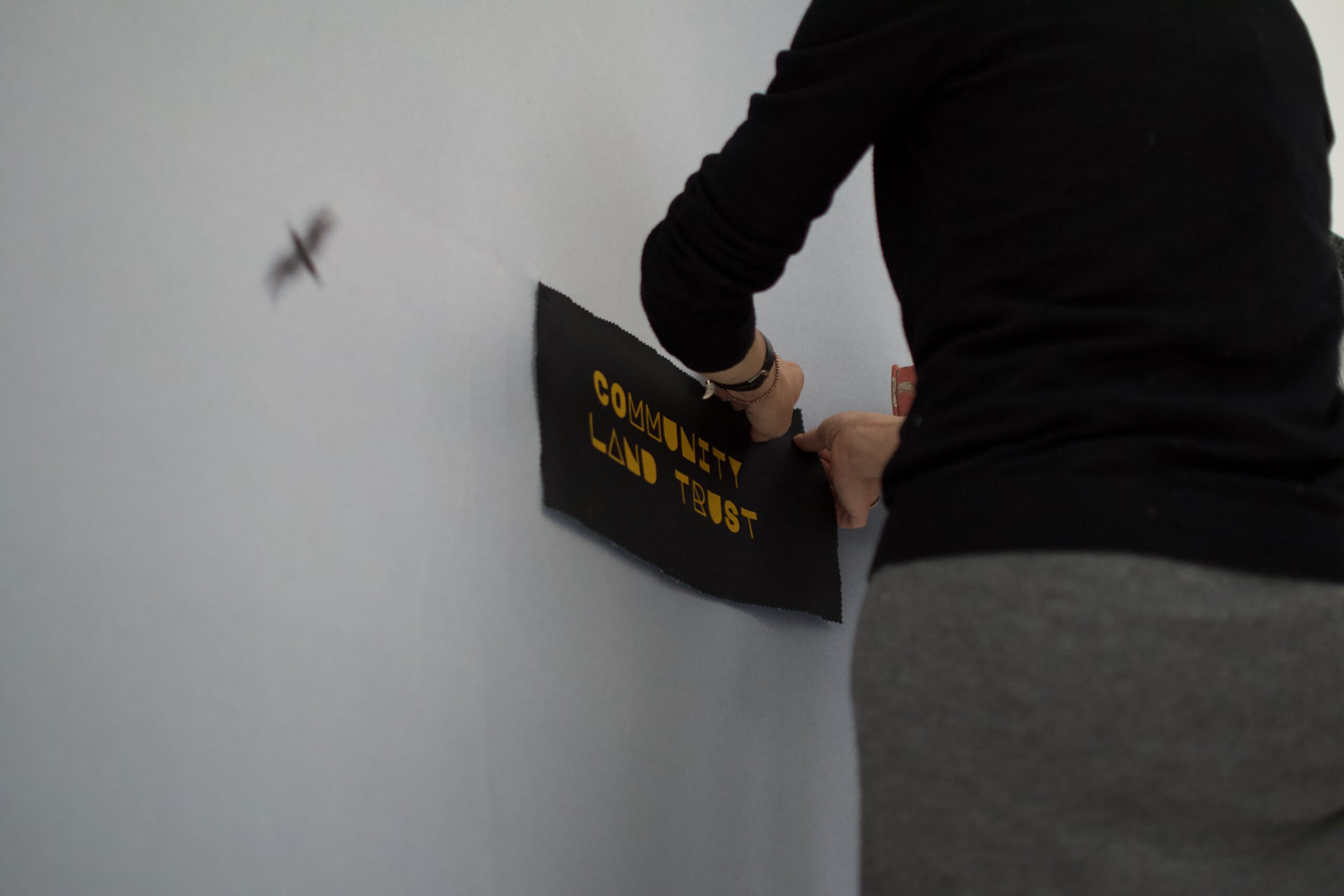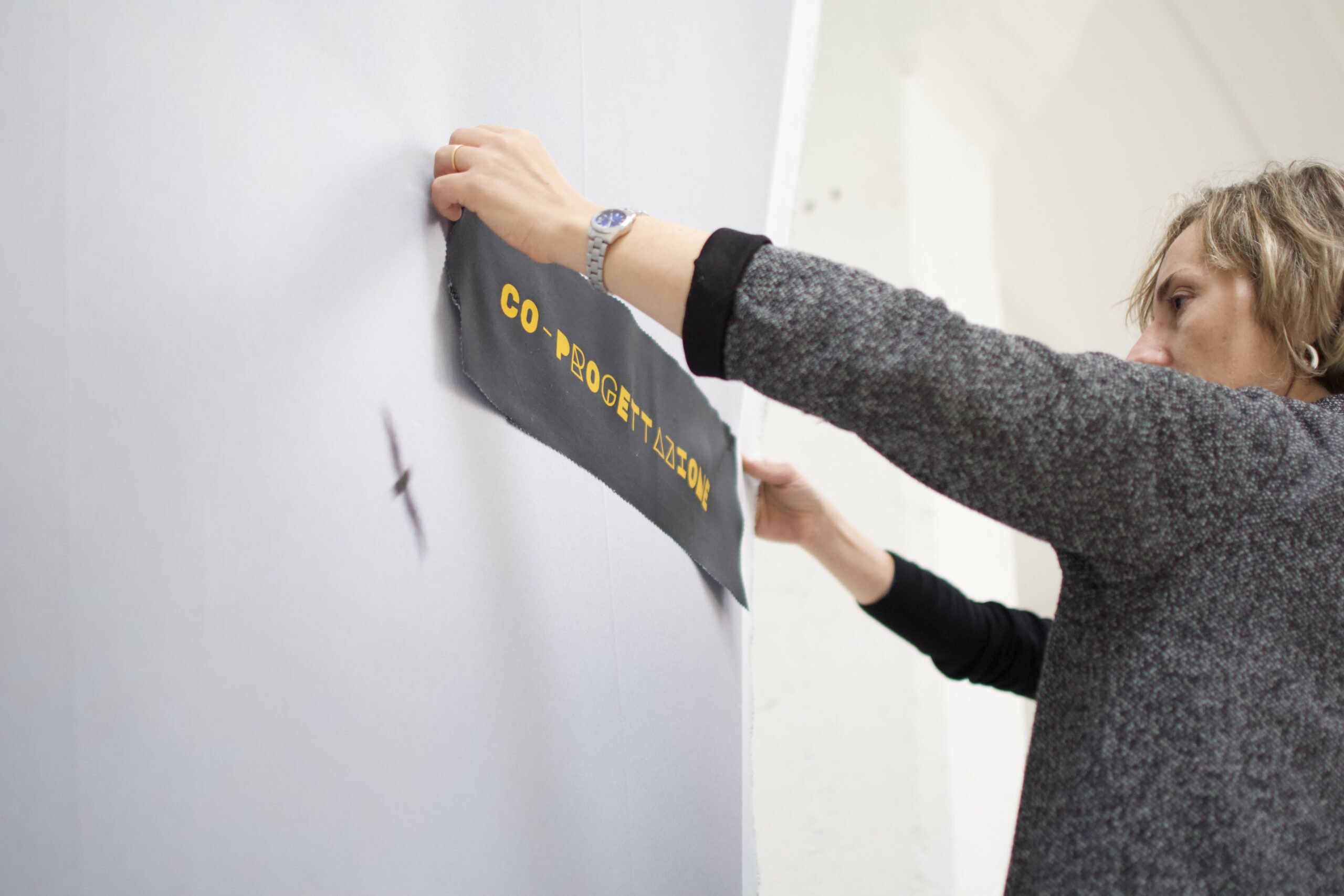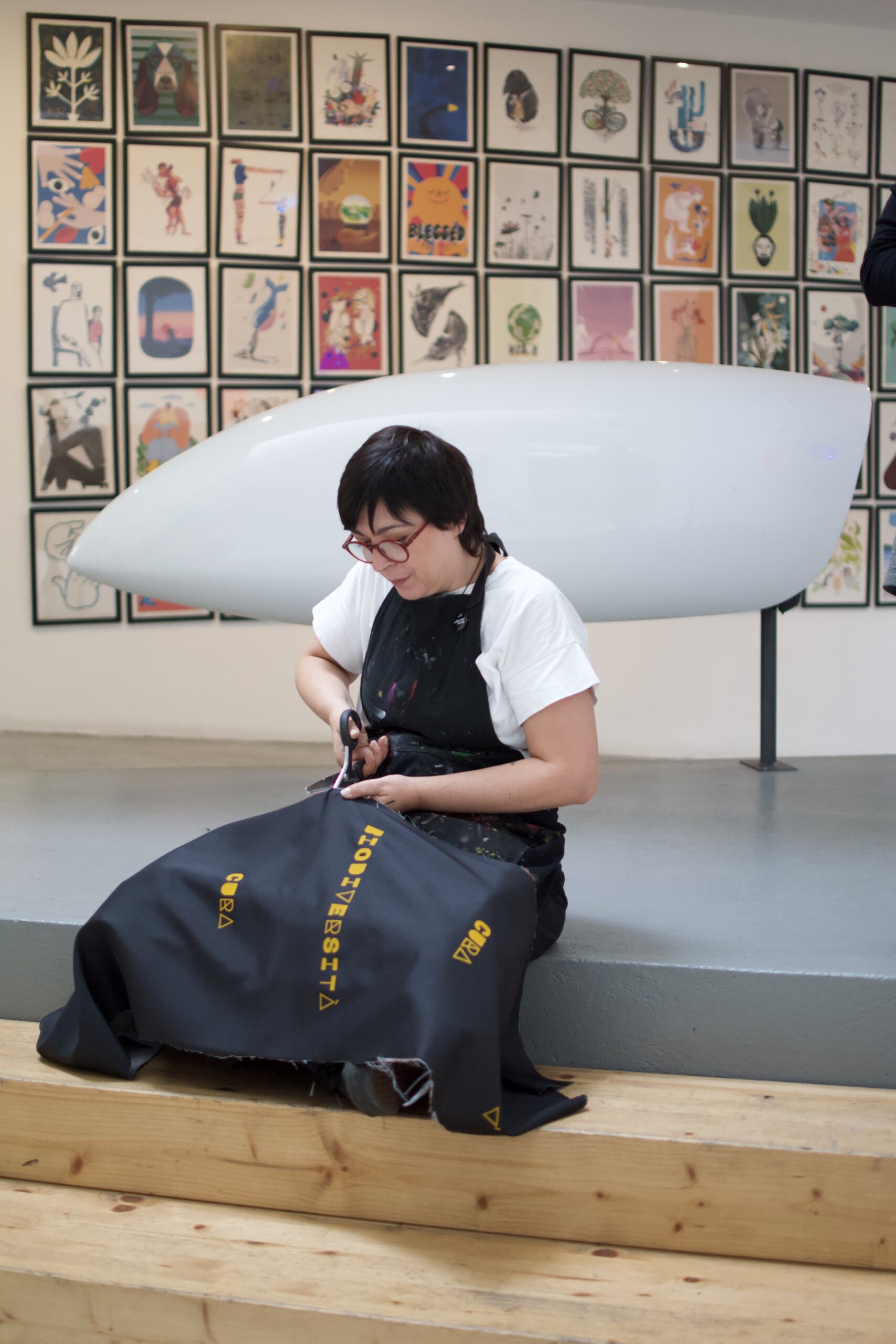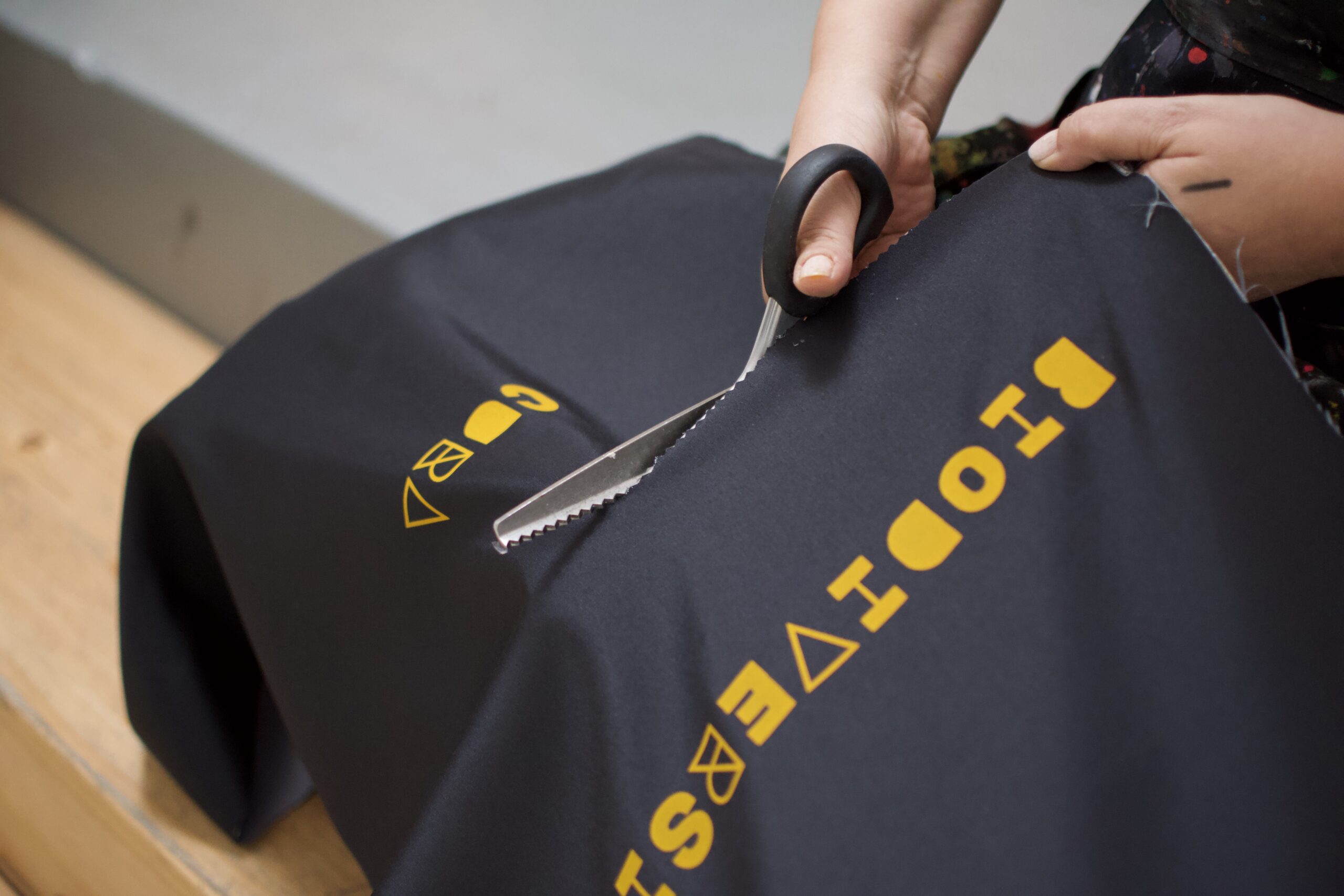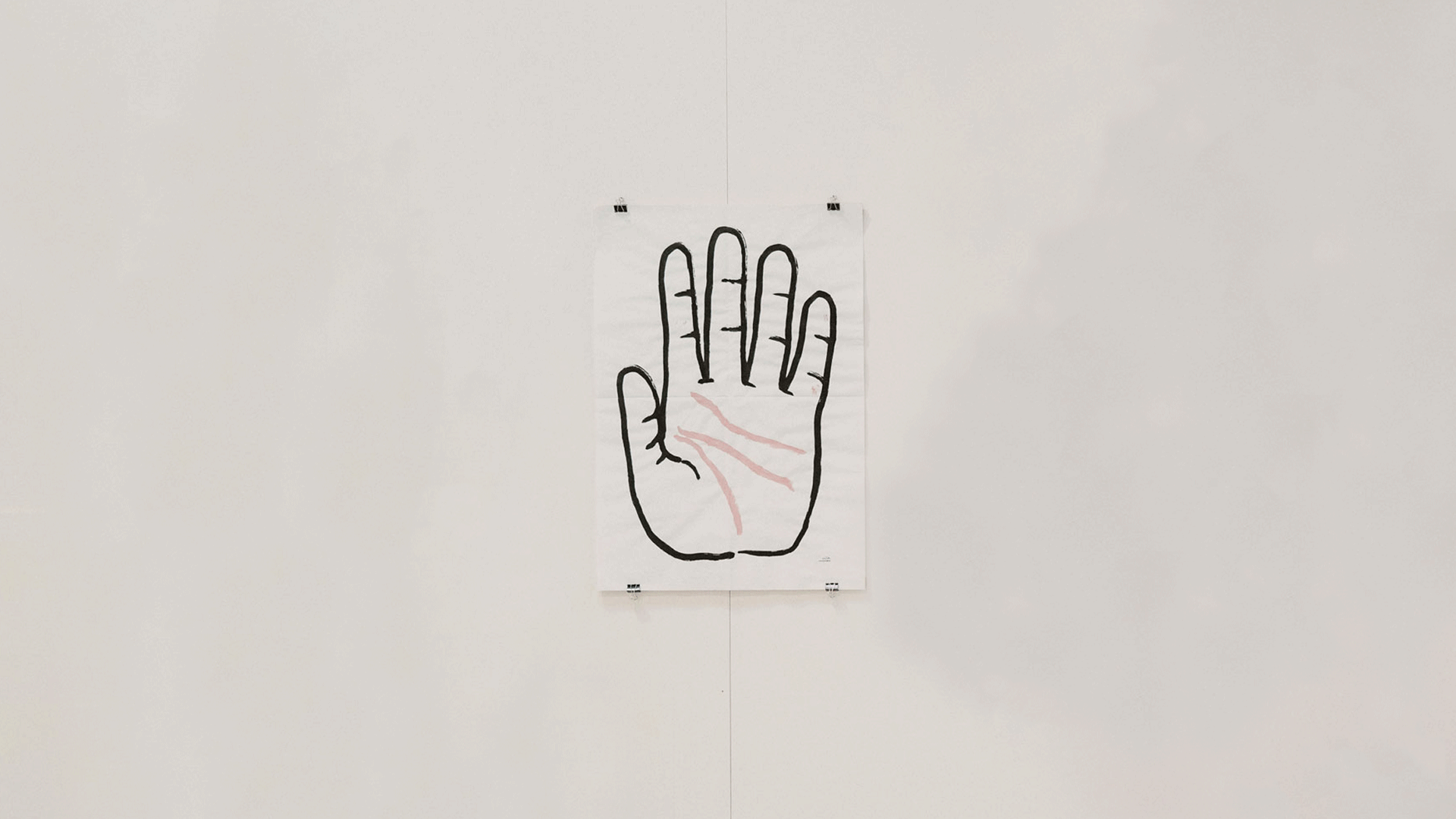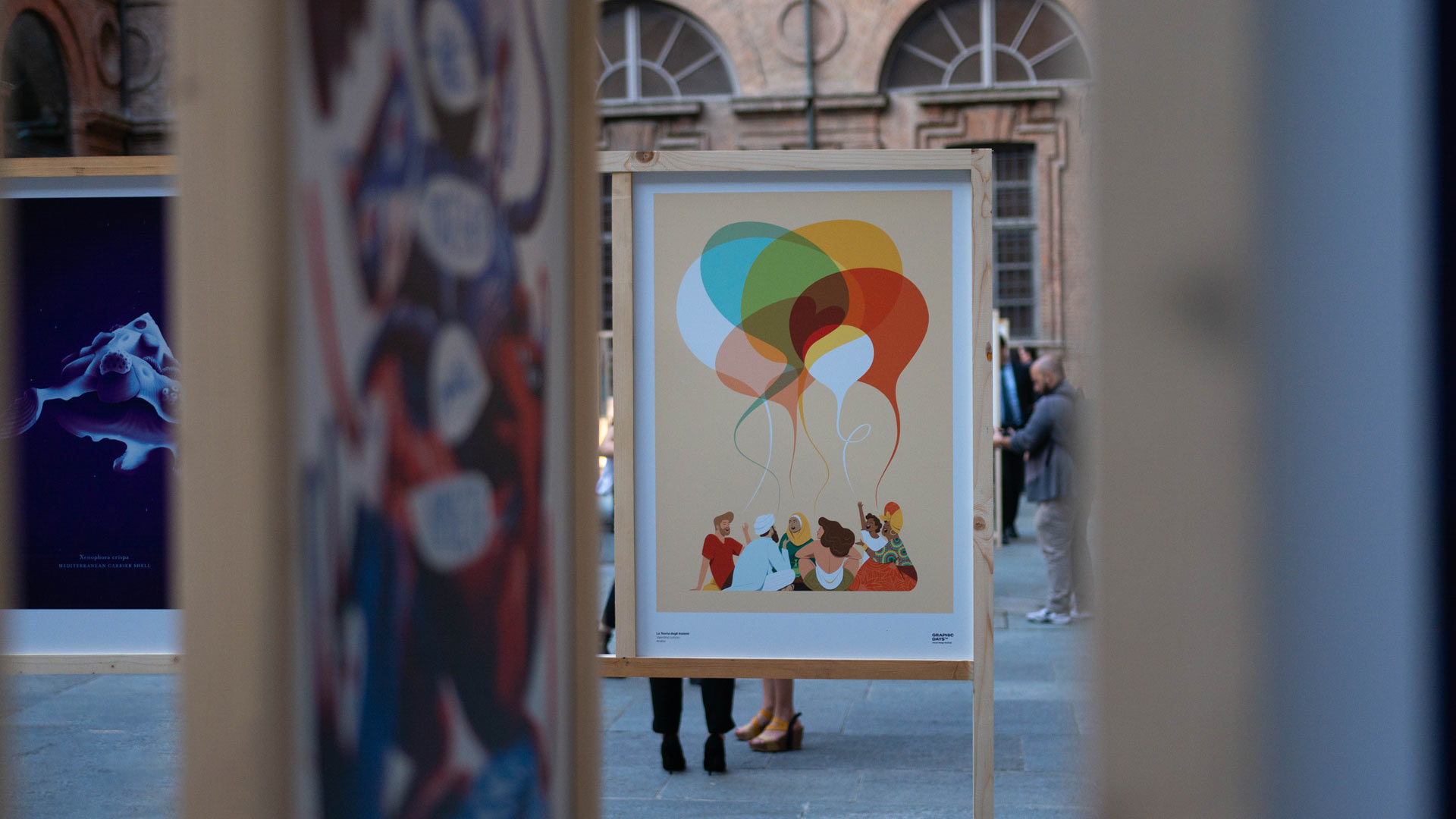Two days of meetings to reflect on the themes of Just Transition and create a participatory artwork that connects the cities of Turin and Málaga.
Reciprocity in Turin
2024-2025
Reciprocity stems from the desire to foster a shared reflection on the themes of Just Transition through a multidisciplinary and generative approach. It aims to inspire new models, serving as a key concept to redefine the relationship between the living heritage of local communities and collective, inclusive well-being.
The project explores urgent issues related to the housing heritage of local communities, focusing on the specific cases of Turin and Málaga. Key topics include public green space management, co-housing, the right to housing, community practices, and urban policies for natural resource management.
The initiative will launch in Turin on September 20–21 with a series of talks, creative workshops, and artistic interventions, culminating in a collective artwork curated by artist Eva Frapiccini. This textile installation will gather thoughts and requests on the future of coexistence with the natural environment, designed to be a traveling exhibition.
The artwork will be displayed at Toolbox Coworking at the end of the Turin event and later in Málaga in spring 2025, as part of the second phase of the initiative, hosted by the cultural space La Casa Invisible.
September 20
9:30 AM – 1:30 PM
Debate: Urban Green Spaces and Public Space
Moderators: Eva Frapiccini & Ilaria Reposo
Table 1 – The Relationship Between Humans and Nature: The Case of Turin’s River Parks
Elena Casetta (Labont, Unito), Manuela Ronci (Full, Polito)
Table 2 – Citizen Engagement in Environmental and Urban Redevelopment
Alessandro Tempia Valenta (Urban Lab), Ilaria Reposo & Fabio Guida (Graphic Days®)
Table 3 – Turin-Milan: The Transformation of Industrial Areas into Agricultural Zones and the State of Urban Greenery
Stefano Olivari (Orti Generali), Chiara Quinzii (Quinzii Terna Architecture)
Table 4 – Sustainable Tourism and Mountain Communities
Paola Borrione (Fondazione Santagata), Claudio Marciano (UniGe, Forwardto)
2:30 PM – 5:00 PM
Workshop & Collaborative Artistic Project led by Eva Frapiccini
5:00 PM
Screening: The Rehabilitation of La Casa Invisible – Chapter I
Curated by Libia Castro & Ólafur Ólafsson
6:00 PM
Refreshments
4 CFP credits available for architects
September 21
9:30 AM – 1:30 PM
Debate: The Right to Housing and Co-Habitation as Practice
Moderators: Eva Frapiccini & Ilaria Reposo
Table 5 – Social Justice and the Sociological Approach to Urbanization
Tiziana Andina & Carlo Genova (Labont, Unito)
Table 6 – The Community Land Trust in Italy: A Collective Housing Ownership Model
Silvia Cafora & Erica Mangione (Full, Polito), Karl Krähmer (Fondazione Porta Palazzo)
Table 7 – Urban Regeneration Models and Practices in the Turin Context
Aurelio Balestra (Toolbox Coworking), Francesca Bragaglia (Full, Polito)
Table 8 – The Case of Málaga: La Casa Invisible as a Rehabilitation Project
Carlos Sanjuan, Alicia Carrió (La Casa Invisible)
Table 9 – The Artistic Project The Rehabilitation of The Invisible House – Chapter I
Libia Castro & Gemma Medina (Asociación de Arte Útil)
2:30 PM – 4:00 PM
Workshop & Collaborative Artistic Project led by Eva Frapiccini
4:00 PM – 6:00 PM
Performance & Public Presentation of the Artwork
10:00 AM – 6:00 PM
Continuous screening of The Rehabilitation of La Casa Invisible – Chapter I at Print Club Torino, curated by Libia Castro & Ólafur Ólafsson
Concept by Eva Frapiccini
A project by Print Club Torino
In collaboration with:
The artistic duo Libia Castro & Ólafur Ólafsson, Fundatión de los Comunes, La Casa Invisible, Asociación de Arte Útil, FULL – Politecnico di Torino, LabOnt – Università di Torino, Toolbox Coworking
This project has been made possible thanks to the financial support of the Culture of Solidarity Fund, promoted by the European Cultural Foundation.
The event is organized in collaboration with the Ordine degli Architetti PPC di Torino and the Fondazione per l’architettura.
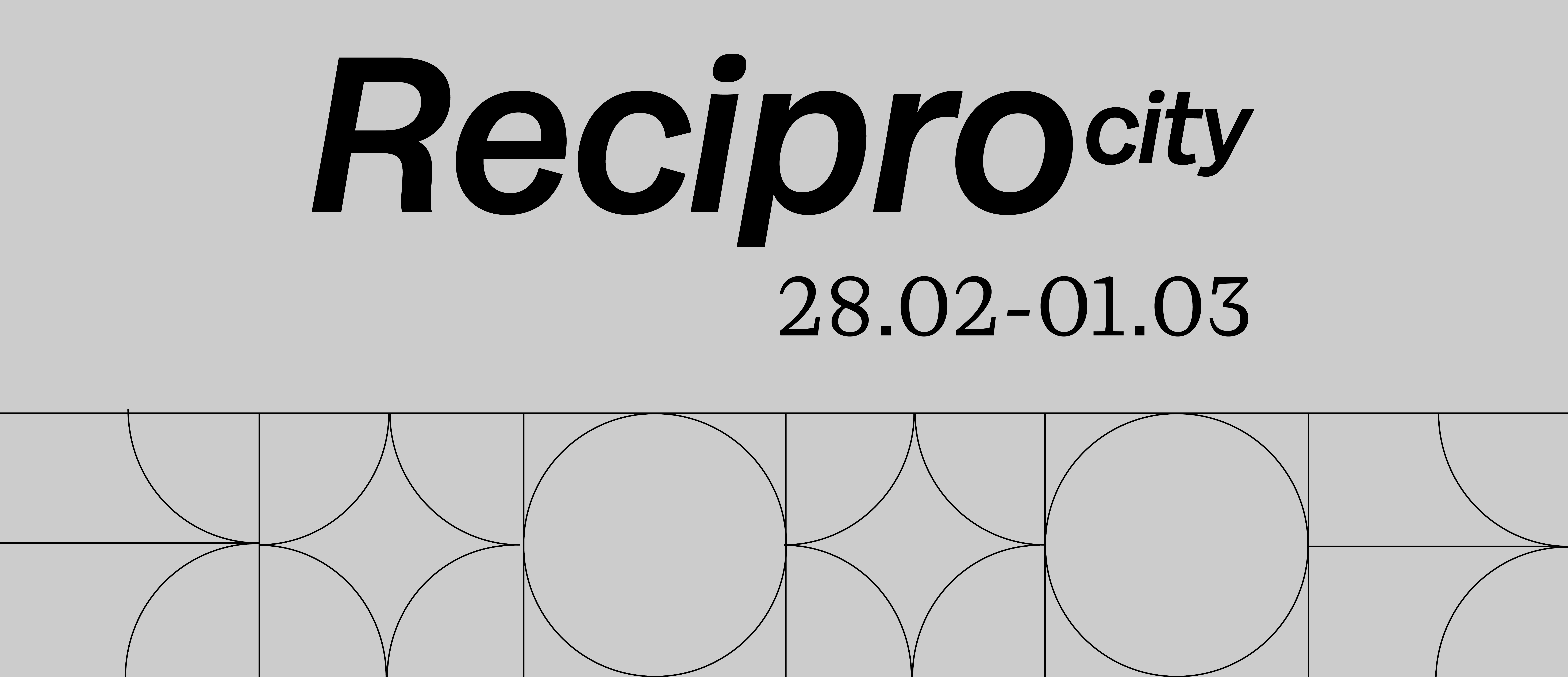
The relationship between nature and urban space, the right to housing, and co-housing design practices: these are the core themes of Reciprocity.
An opportunity to exchange ideas on best practices and future challenges, fostering dialogue between communities and territories while exploring urgent issues for the transition of our cities—starting with the cases of Turin and Málaga.
First stop: Turin, September 20-21, 2024
Second stop: Málaga, Spring 2025
Discover the full program of the first stop!
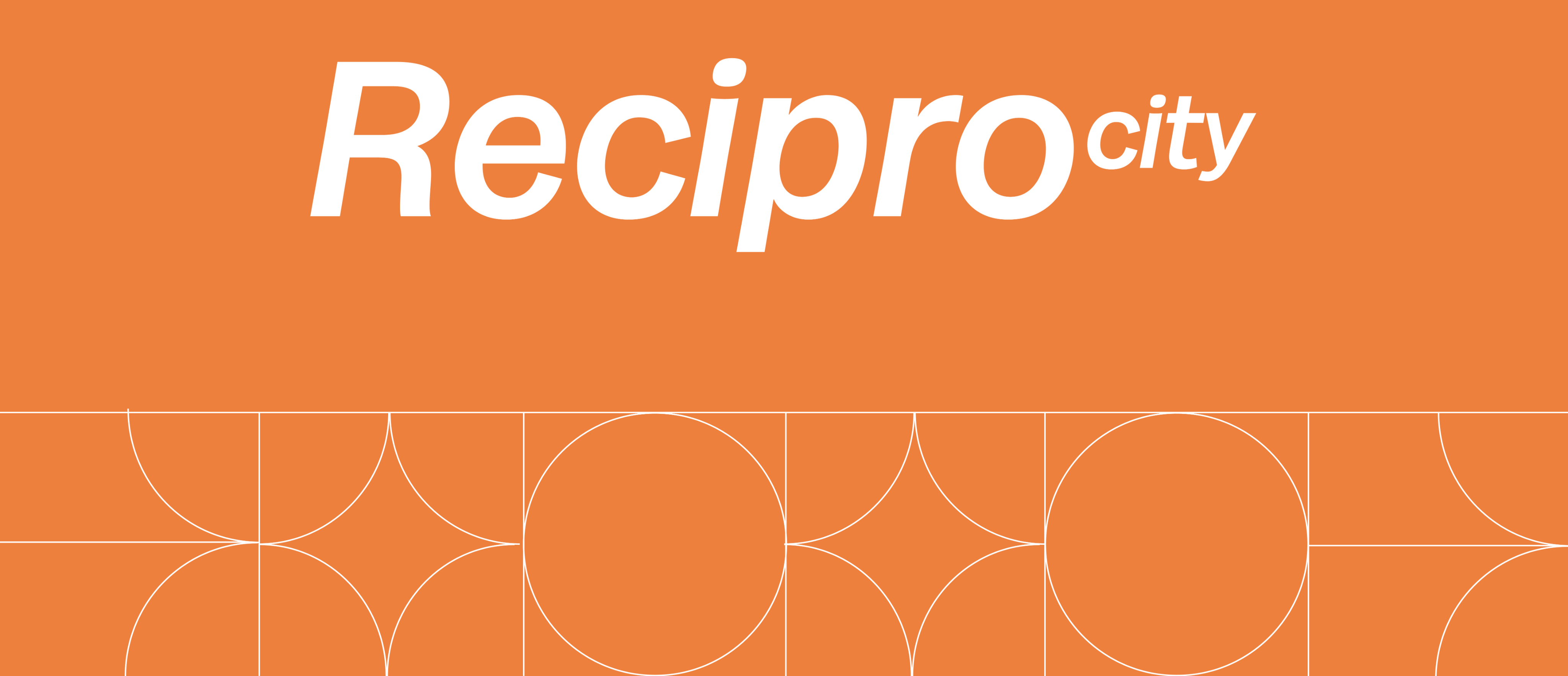
September 20
Green spaces as essential elements in the design of public areas that promote well-being; the case of river parks
9:30 AM – 1:30 PM
Talks by Elena Casetta (LabOnt – Laboratory of Ontology, University of Turin), Manuela Ronci (FULL – Future Urban Legacy Lab, Politecnico di Torino), Alessandro Tempia Valenta (Urban Lab), Ilaria Reposo and Fabio Guida (Graphic Days), Chiara Quinzii (Quinzii Terna Architecture), Stefano Olivari (Orti Generali), Paola Borrione (Fondazione Santagata), and Claudio Marciano (University of Genoa, Forwardto).
2:30 PM – 5:00 PM
Workshop and collective artwork production with artist Eva Frapiccini.
5:00 PM
Screening of The Rehabilitation of La Casa Invisible—Chapter I by Libia Castro & Ólafur Ólafsson.
6:00 PM
Closing reception.
Architects will be eligible for 4 CFP credits.
September 21
Sustainable living: the right to housing, co-habitation, and urban policies; the experience of the city of Málaga
9:30 AM – 1:30 PM
Talks by Silvia Cafora and Erica Mangione (FULL – Politecnico di Torino), Tiziana Andina and Carlo Genova (LabOnt – University of Turin), Karl Krähmer (Fondazione Porta Palazzo), Aurelio Balestra (Toolbox Coworking), Francesca Bragaglia (FULL), Libia Castro (artist), Gemma Medina (Asociación de Arte Útil), and Carlos Sanjuan (Casa Invisible).
2:30 PM – 6:00 PM
Workshop and collective artwork production with the artist.
6:00 PM
Performance and public presentation of the artwork.
10:00 AM – 6:00 PM
Screening of The Rehabilitation of La Casa Invisible—Chapter I by the artistic duo Libia Castro & Ólafur Ólafsson.
The Turin-Málaga Comparison
The discussion compares two different urban contexts with shared challenges. Turin has an industrial past and a rich natural heritage. Its transition could focus on better use of green spaces to counter climate change. Málaga faces gentrification and touristification, which have transformed its historic center. However, citizens actively defend and engage with La Casa Invisible. This cultural hub uses art, architecture, sustainability, civic engagement, and legal tools to shape an alternative future.
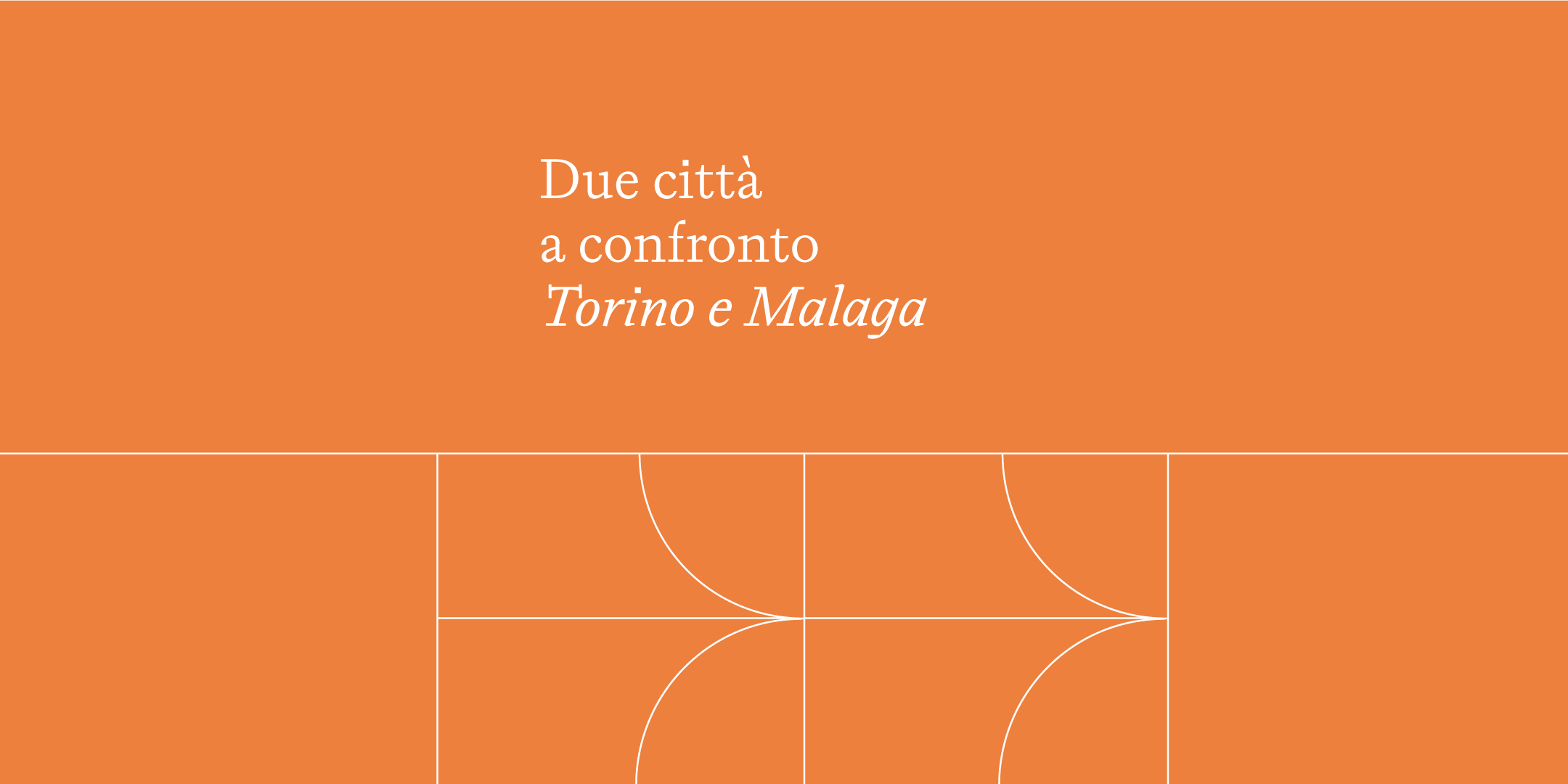
The Participatory Artwork
Reciprocity is not just a symposium; it is also a screen-printing workshop and an open space for collective creation. The project will produce a participatory artwork that captures present tensions and future aspirations, connecting the cities of Turin and Málaga.
During the nine discussion tables, audience members will be invited to transcribe meaningful words or open questions that emerge, enriching both the debate and the afternoon workshops. The final outcome will be a traveling textile installation, shaped by the reflections and contributions of workshop participants in both cities.
The artwork will be exhibited at Toolbox Coworking at the end of the Turin event and at La Casa Invisible in Málaga in March 2025, during the second participatory workshop.
Guests
Eva Frapiccini: She is a lecturer at the Academy of Fine Arts of Brera and the New Academy of Fine Arts in Milan (NABA). Her research explores the perception of time and forms of sharing to understand the processes that create socio-political imbalances. Through an interdisciplinary approach, she employs photography, video and audio installations, participatory projects, and frequently collaborates with designers, musicians, and performers. She has participated in various festivals, including Torinodanza, the Italian Pavilion at the Venice Architecture Biennale, the Month of Photography, the Biennale of Young Artists of Monza, and collective exhibitions at the Museum of Contemporary Art at Castello di Rivoli, Nederlands Fotomuseum in Rotterdam, FACT in Liverpool, Triennale di Milano, HVB Kunst Palais in Munich, MAXXI in Rome, Maison de la Photographie in Paris, Martin Gropius Bau Museum in Berlin, Casino Luxembourg, House of Photography in Moscow.
Claudio Marciano – Unige: A tenure-track researcher (Type A) at the University of Genoa in the field of environmental and territorial sociology. His research interests range from the social impact of technologies to innovation policies, with a particular focus on urban dynamics and state-market relations. For years, he has been a member of Forwardto, a network of professionals and academics that develops and applies social foresight methods for businesses and public administrations, such as qualitative scenario development and visions for ecological transition. He served as the City Councilor for Urban Sustainability and Smart City in the Municipality of Formia for ten years and has authored books and essays for national and international publishers.
Alessandro Tempia Valenta – Urban Lab: Holds a degree in Sociology from the University of Trento and a second-level Master’s in Management and Co-production of Participatory Processes, Communities, and Proximity Networks at the University of Bologna in collaboration with the Urban Innovation Foundation. Since 2021, he has been working at Urban Lab, engaging stakeholders and managing territorial relations. As part of the European Conexus project, he has led activities for the Life Lab initiative in the Valdocco neighborhood, involving local stakeholders, particularly schools. His work includes systematizing local networks for the co-design of communication, information, and awareness-raising strategies under the Valdocco Vivibile initiative, particularly addressing climate change in collaboration with Graphic Days through guerrilla marketing activities. He has also collaborated with the City of Turin in organizing and managing the Co-Learning Forum in Turin in October 2023.
Chiara Quinzii – Quinzii Terna Architettura: Quinzii Terna Architettura is a Milan-based architecture studio founded in 2012 and directed by Chiara Quinzii and Diego Terna. The studio focuses on architecture, urban planning, and research at both national and international levels, working on a wide range of projects supported by publishing, criticism, and academia. Their work spans commissions, competitions, publications, and workshops. The studio has won numerous international competitions in Italy, Russia, Bulgaria, and Finland, and their research has been published in books and journals. Among their key projects, they have conducted studies on public spaces in Milan and other international cities, supported by the Triennale di Milano, the Municipality of Milan, universities, and international funds. They collaborated with Stefano Boeri’s team on a strategic vision for Milan’s disused railway yards (the Green River project), designed the redevelopment of Cascina San Bernardo for the Municipality of Milan in partnership with Società Umanitaria, curated the exhibition layout of five temporary pavilions for the Hub Leonardo exhibition at Expo 2015 for Fondazione Stelline, and developed the urban and architectural design of a residential district in the Province of Milan for CCL (Confcooperative). The two partners also serve as urban and strategic consultants for public administrations and private institutions.
Paola Borrione – Fondazione Santagata: She is the Head of Research at Fondazione Santagata for the Economics of Culture, a position she has held since 2018. She specializes in cultural economics, contemporary cultural production, and culture-based development. She has led research projects, strategic consulting, and training initiatives with extensive national and international experience. She teaches “Culture and Arts Economics” at SciencesPo Paris and serves as an evaluator for European programs supporting creative and cultural organizations.
Stefano Olivari – Orti Generali: A landscape architect born in 1983, he graduated from the Ecole du Paysage in Versailles. He is the co-creator and coordinator of Orti Generali, an urban agriculture and redevelopment project. Among his works is the garden of Palazzo dei Diamanti in Ferrara.
Elena Casetta – Labont: She teaches at the Department of Philosophy and Education Sciences at the University of Turin. After training in theoretical philosophy and analytical metaphysics, she specialized in the philosophy of biology at the IHPST (Institut d’Histoire et de Philosophie des Sciences et des Techniques) in Paris and the Center for the Philosophy of Sciences at the University of Lisbon. Her latest book is Filosofia dell’ambiente (Bologna, Il Mulino, 2023).
Giovanni Semi – Unito: Full professor of Sociology at the University of Turin, where he teaches Urban Sociology and Qualitative Research Methods. His research interests include urban change, gentrification, and socio-spatial inequalities. He has published books and essays in Italy and abroad.
Rifrazioni Permanenti: A curatorial and research collective focused on the relationships between art, public space, and the natural and social environment. Founded in 2022, it is composed of Gaia Bindi, Alice Cantaluppi, and Riccardo Re, who have different backgrounds but share a common path developed through artistic, curatorial, and academic research practices.
Collettivo Urban Reports: A collective of photographers specializing in urban documentation. The team includes professionals with backgrounds in architecture, urban planning, and sociology, allowing for a multidisciplinary approach. Their projects address issues such as urban transformations, social housing, and public space. Their work has been exhibited in Italy and abroad and published in books and magazines.
Ester Liquori – Cultural Pro: Founder of Cultural Pro, a company that integrates technology and cultural strategies. She is an expert in artificial intelligence applied to the creative industries and has worked on projects that connect AI with cultural heritage, museums, and digital experiences. She is also a speaker and consultant on AI and innovation.
Stefano Andrea Lorenzetti – Unito: A researcher in aesthetics at the University of Turin. His studies focus on the philosophy of nature, environmental aesthetics, and the relationships between art and ecology. He has published essays and monographs on these topics.
Ilaria Garnero – Unito: An archaeologist and researcher at the University of Turin. She specializes in urban archaeology and has worked on projects related to the historical development of cities and their transformations over time.
Nicola Ricciardi – Artissima: Director of Artissima, Italy’s most important contemporary art fair. He has extensive experience in curating exhibitions and managing cultural projects, working with both emerging and established artists at the international level.
Lorenzo Romito – Stalker: Architect and co-founder of Stalker, a research collective engaged in exploring the territory and urban transformations through artistic and participatory practices. Stalker focuses on informal spaces, peripheries, and places in transition.
Chiara Santini – Fondazione Fitzcarraldo: Project manager and researcher at Fondazione Fitzcarraldo, an organization specializing in cultural management, research, and training. She deals with participatory processes and cultural development strategies.
Andrea Bartoli – Farm Cultural Park: Founder of Farm Cultural Park, an independent cultural center that has transformed the historic center of Favara (Sicily) into an international art and creativity hub. His work focuses on cultural regeneration and innovation.
Francesco Careri – Università Roma Tre: Architect and professor at Roma Tre University. He is the author of Walkscapes, a book on walking as a practice of urban exploration and artistic intervention. His research explores the relationships between cities, public space, and artistic practices.
Altri progetti

